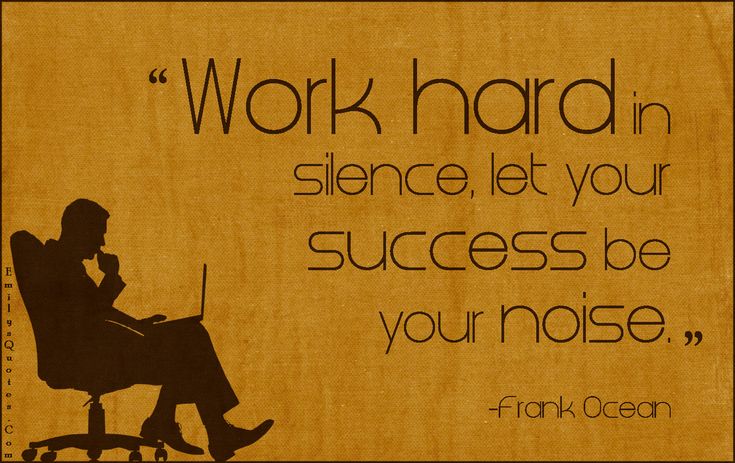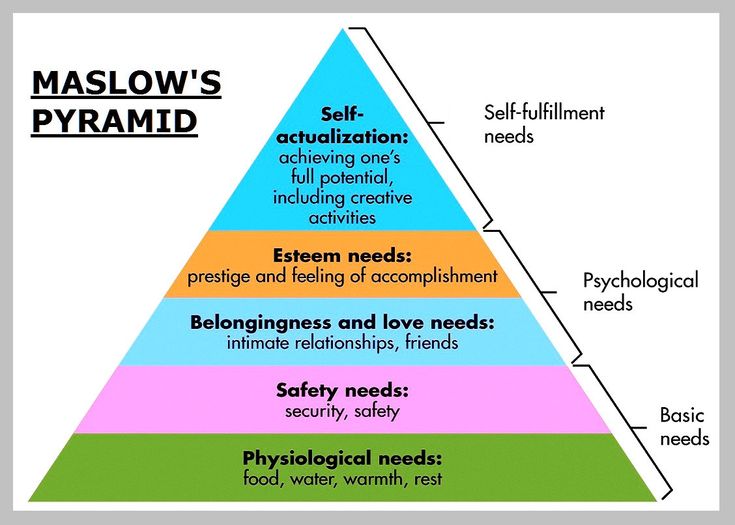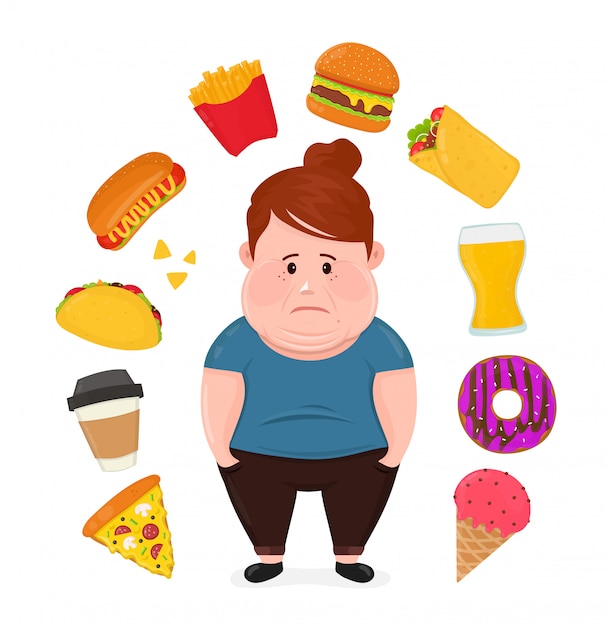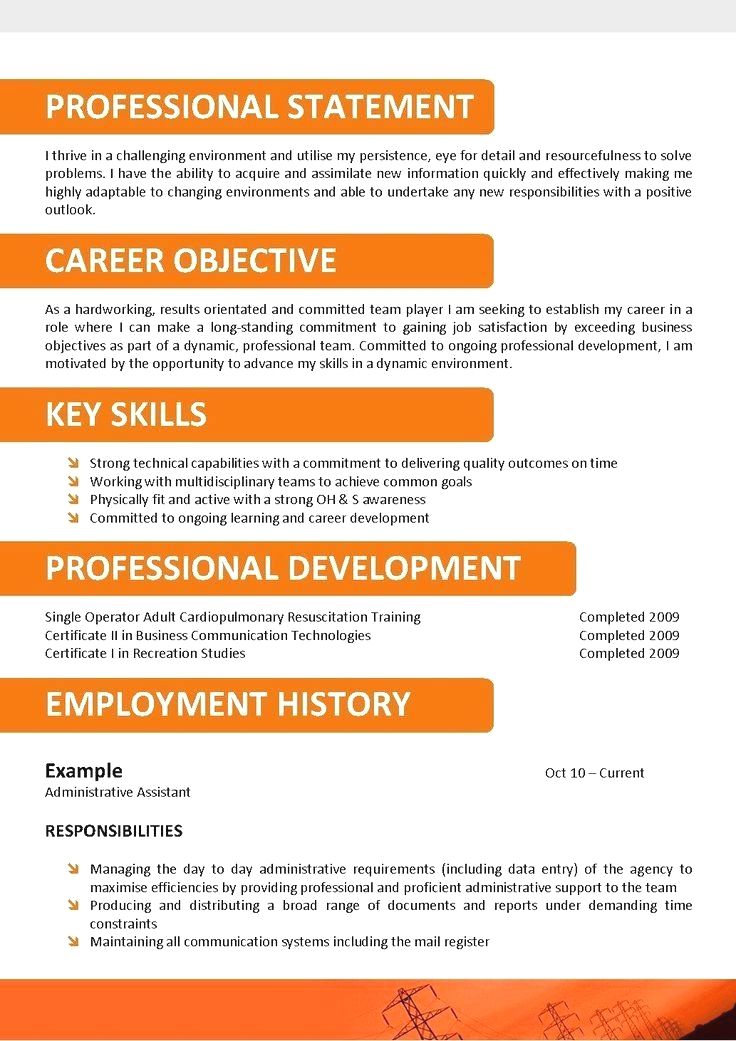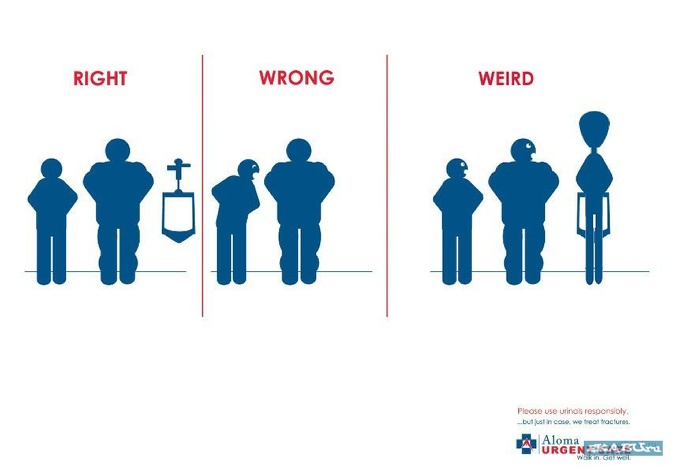Group discussion topics for mental health
161 Powerful Questions to Explore Values, Ideas, & Beliefs
Open-ended questions are important in therapy. They allow a client to explore his/her values, ideas, and beliefs. This is a list of 161 questions for group therapy, journal prompts, conversation starters, and/or icebreakers.
The questions to explore ask about recovery, spirituality, personal growth, and other relevant topics. As a counselor, I’ve used the questions with adults who struggle with mental illness and addiction, mostly in a group setting.
Asking open-ended questions is a basic counseling skill. Open questions invite the client to explore his or her thoughts, beliefs, and ideas. In contrast, closed questions can be answered with a yes or no.
The first section, “Conversation Starters,” is comprised of questions to explore that can be used as icebreakers, at a party, or even on a date. In a clinical setting, use a “Conversation Starter” as a group check-in. It provides an opportunity for group members to engage and to learn about their peers.
Click below for a free printable handout that includes questions to explore from each category:
Questions to Explore Values, Ideas, & Beliefs
Conversation Starters
- What is the most interesting thing you heard this week?
- What’s the one thing you really want to do but have never done, and why?
- Would you take a shot if the chance of failure and success is 50-50?
- Which one would you prefer; taking a luxurious trip alone or having a picnic with people you love?
- If your life was a book, what would the title be?
- If you could be any animal, what would you be and why?
- What is your favorite day of the week and why?
- What do you do when you’re bored?
- Shoe size?
- Favorite color?
- Favorite band (or artist)?
- Favorite animal?
- Favorite food?
- One food you dislike?
- Favorite condiment?
- Favorite movie?
- Last movie you saw in a theater?
- Last book read?
- Best vacation?
- Favorite toy as a child?
- One item you should throw away, but probably never will?
- Superman, Batman, Spiderman, or Wonder Woman?
- Chocolate or vanilla?
- Morning person or night owl?
- Cats or dogs?
- Sweet or salty?
- Breakfast or dinner?
- Coffee or tea?
- American food, Italian food, Mexican food, Chinese food, or other?
- Clean or messy?
- What is your favorite breakfast food?
- What vegetable would you like to grow in a garden?
- Tell about a childhood game you loved.
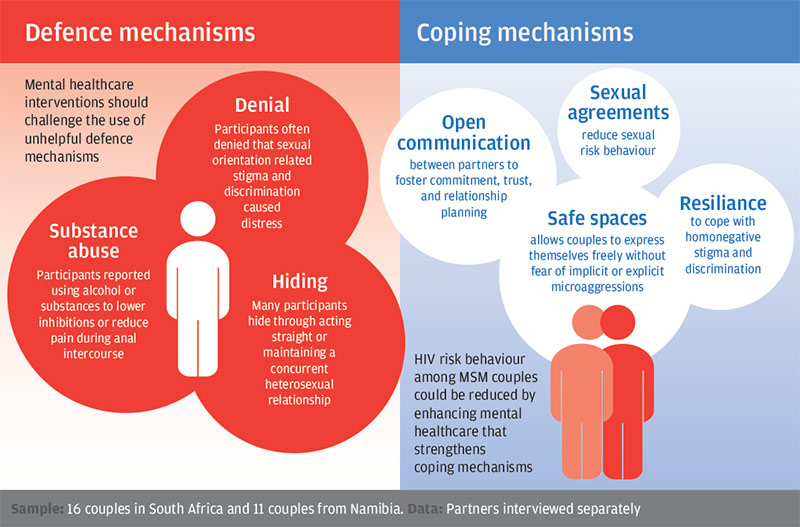
- What’s your favorite dessert?
- What’s your favorite month of the year and why?
- Who is your favorite celebrity?
- Which celebrity do you most resemble?
- If you could go anywhere in the world, where would you go and why?
- Share about one of your hobbies.
- What’s a unique talent that you have?
- Introvert or extrovert?
- Describe yourself in three words.
- Tell about a happy childhood memory.
- Name three things (or people) that make you smile.
Questions to Explore Mental Health & Addiction
- On a scale from 1 to 10, where are you at in your recovery and what does that number mean to you?
- Tell about a healthy risk you have taken this week.
- What brought you to treatment?
- How has your life changed since getting clean and sober?
- What do you miss the most about drug/alcohol?
- What would your life be like if you weren’t addicted to something?
- What makes your addiction possible?
- What are your triggers?
- Name at least three ways you can cope with cravings.
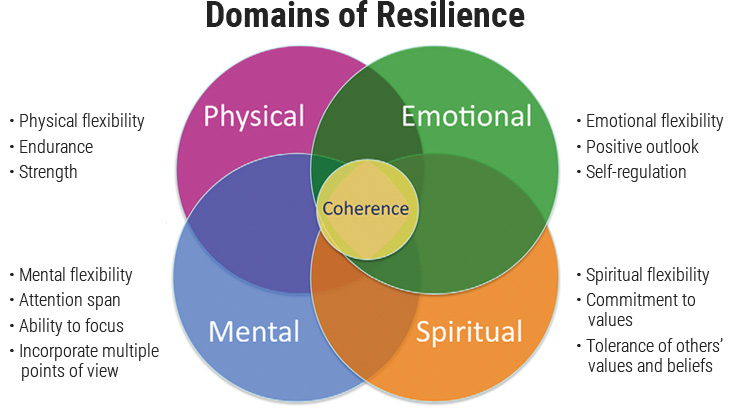
- Name three of your relapse warning signs.
- Tell about someone who is supportive of your recovery.
- What’s one thing you wish everyone knew about mental illness?
- Is it okay to take medications if you’re in recovery?
- Is it possible to get clean/sober without AA or NA?
- Do you have a sponsor? What’s helpful and what’s not?
- Do you think you’re going to relapse?
- What’s the difference between helping and enabling?
- Tell about a time you were in denial.
- Do you have an enabler? Explain.
- Is it possible for someone in recovery for drugs to be a social drinker?
- How have drugs and alcohol affected your health?
- Is addiction a disease?
Questions to Explore Personal Development & Values
- Are you doing what you truly want in life?
- What are your aspirations in life?
- How many promises have you made this past year and how many of them have you fulfilled?
- Are you proud of what you’re doing with your life or what you’ve done in the past? Explain.
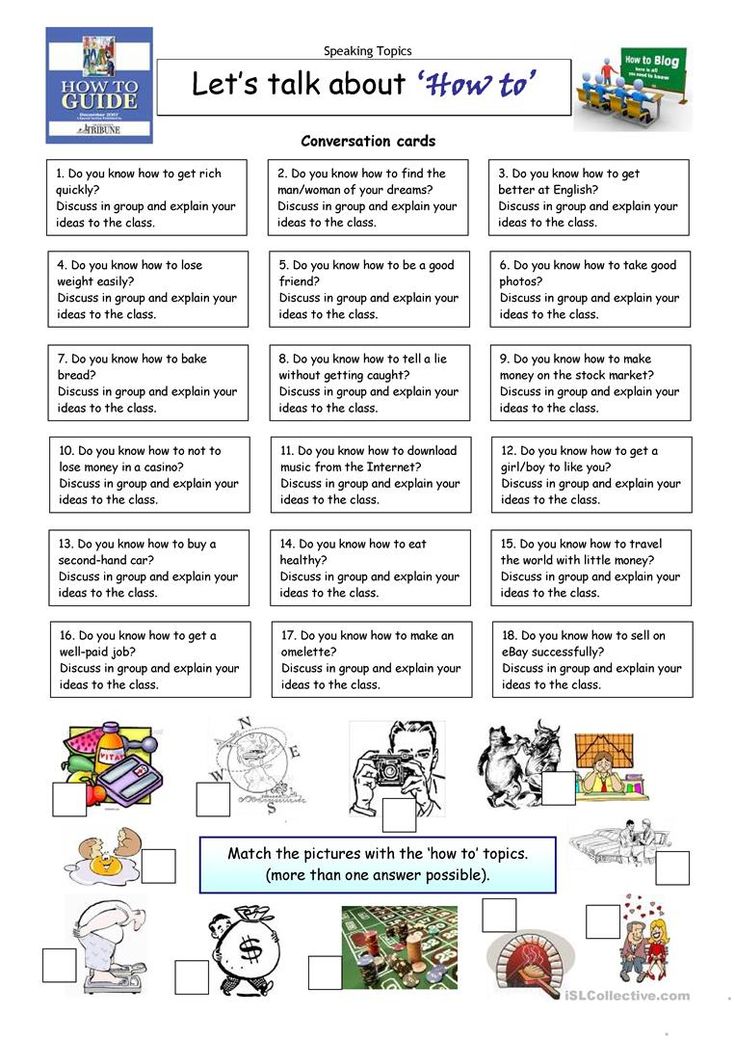
- Have you ever abandoned a creative idea that you believed in because others thought you were a fool? Explain.
- What would you prefer? Stable but boring work or interesting work with lots of workload?
- Are you making an impact or constantly being influenced by the world?
- Which makes you happier, to forgive someone or to hold a grudge? Explain.
- Who do you admire and why?
- What are your strengths?
- What are your weaknesses?
- Are you doing anything that makes you and people around you happy?
- Tell about a short-term goal you have.
- Tell about a health goal you have.
- Tell about a long-term goal you have.
- Tell about a value that is currently important to you.
- What do you like most about yourself?
- What do you like least about yourself?
- What in life brings you joy?
- What are you grateful for?
- Who is the most influential person in your life and why?
- Tell about one dream you have always had, but are too afraid to chase.

- What is something you want to change about yourself and what are two things you can do to accomplish this?
- Describe your perfect world. (Who would be in it, what would you be doing, etc.)
- Where were you one year ago, where are you now, and where do you want to be a year from today?
- Share about a character flaw you have.
- What kind of a person do you want to be?
- When is the last time you helped someone and what did you do?
- Tell about a problem you have right now. What can you do to solve it?
Family & Relationships
- Have you ever failed anyone who you loved or loved you? Explain.
- Who is your favorite person?
- What was it like growing up in your family?
- What makes someone a good friend?
- What happens when you’re rejected?
- What makes a relationship healthy or unhealthy?
- Would you rather break someone’s heart or have your heart broken?
Education & Career
- As a child, what did you want to be when you grew up?
- Tell about something you do well.
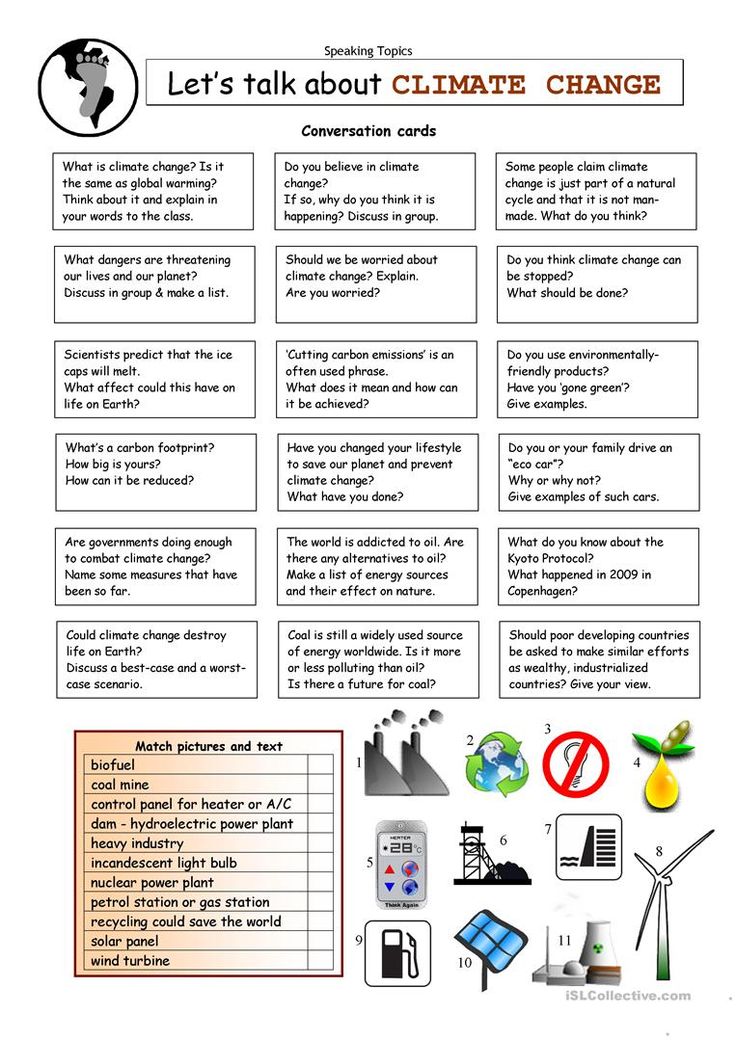
- What’s your dream job?
- What are your career goals?
- What classes would you be most interested in taking?
- Tell about a job you would hate doing.
- Would you prefer to work with people or by yourself?
- Would you ever do a job that was dangerous if it paid a lot of money?
- Would you still work if you didn’t have to?
- What do you want to do when you retire?
- If you have a job, what do you like about it? Dislike?
- How do you deal with difficult co-workers?
- What qualities would you like your supervisor to have?
Emotions
- When was the last time you laughed, and what did you laugh at?
- If happiness was a currency, how rich would you be?
- How do you express happiness?
- What are three healthy ways you can cope with anger?
- What are three healthy ways you can cope with anxiety?
- What does being happy mean to you?
- If your mood was a weather forecast, what would it be?
- Tell about a time you were happy.
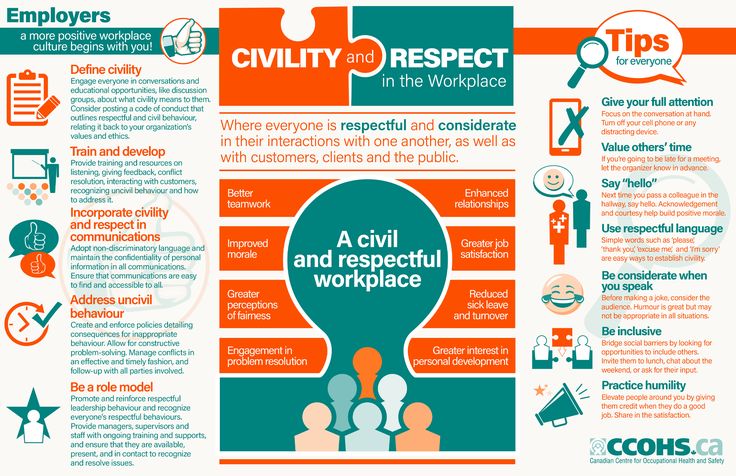
- Tell about a time you were heartbroken.
- What is the difference between guilt and shame?
- Is guilt a healthy emotion?
- Can guilt be excessive?
- Is there a such thing as “healthy shame”?
- What makes you happy?
- What makes you mad?
- When do you feel afraid?
- When do you feel lonely?
- Share about the last time you felt guilty.
- What embarrasses you?
Questions to Explore Spirituality
- How does one practice forgiveness (of self and others) from a religious point of view and from a non-religious point of view?
- What does it mean to forgive?
- Do you have to forgive to move forward?
- What brings you meaning in life?
- How do you define spirituality?
- What’s the difference between religion and spirituality?
- When do you feel most at peace?
- Do you meditate? Why or why not?
Additional Thought-Provoking Questions
- If you could travel to the past in a time machine, what advice would you give to the 6-year-old you? Would you break the rules because of something/someone you care about?
- Are you afraid of making mistakes? Why or why not?
- If you cloned yourself, which of your characteristics would you not want cloned?
- What’s the difference between you and most other people?
- Consider the thing you last cried about; does it matter to you now or will it matter to you 5 years from now?
- What do you need to let go of in life?
- Do you remember anyone you hated 10 years ago? Does it matter now?
- What are you worrying about and what happens if you stop worrying about it?
- If you died now, would you have any regrets?
- What’s the one thing you’re most satisfied with?
- If today was the end of the world, what would you do?
- What would you do if you won the lottery?
- If you could change one thing about yourself, what would it be?
- How do you think others see you?
- What is your biggest fear?
- How do you get someone’s attention?
- What masks do you wear?
- Tell about a poor decision you made.
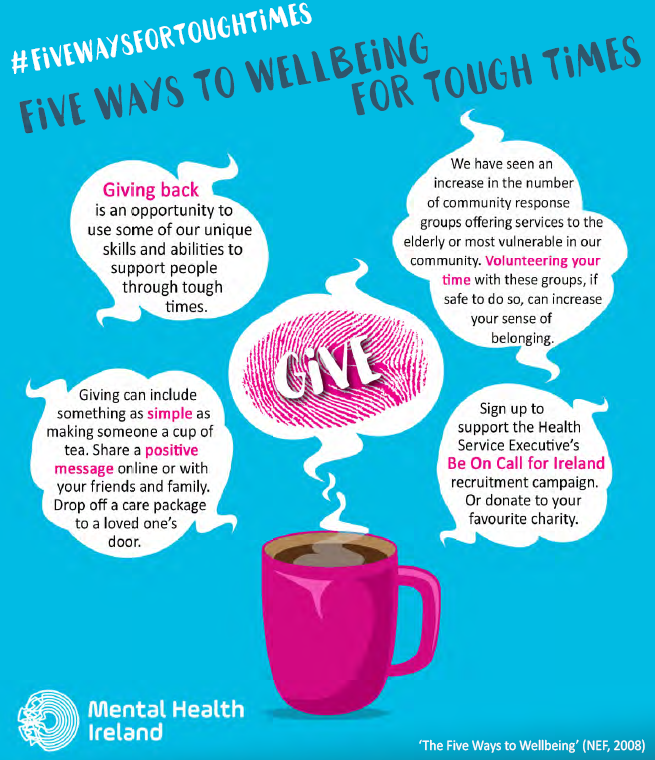
- When is the last time you failed at something? How did you handle it?
Like this:
Like Loading...
Author Cassie JewellPosted on Categories Personal Development, ResourcesTags finding meaning, group ther, list, Mental Health, printables, therapy toolsPsychoeducational Group Topics
Behavioral Health 
What Are Psychoeducational Groups
A psychoeducational group is a group therapy group conducted by a mental health professional that educates clients about their disorders and ways of coping. Psychoeducational groups utilize the group therapy process, where clients share their concerns and struggles with recovery with the group and facilitator comparable to other substance abuse groups. However, a key difference with psychoeducational groups compared to substance abuse therapy groups are the injection of materials to help convey significant information to the clients.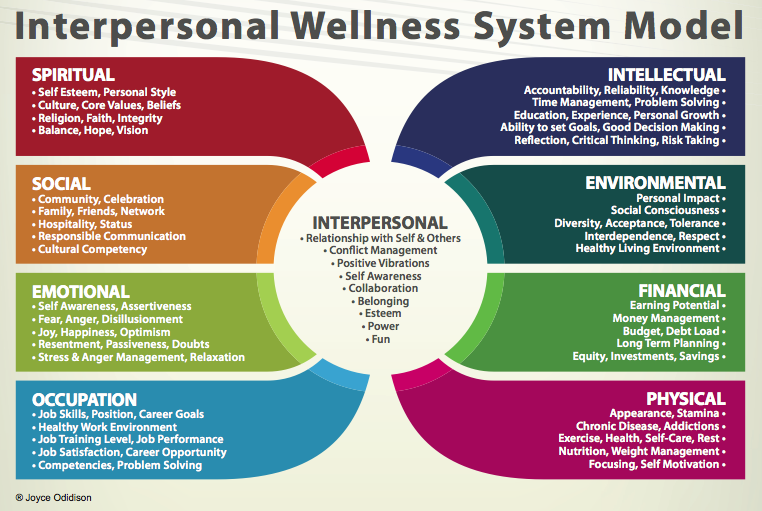
The introduction of materials into the psychoeducational group helps to make the group not only a safe place for clients to process their feelings and struggles, but it adds a strong educational component. Some of the material used in a psychoeducational group include sheets with statistical information, videos, handouts, books, curriculum and even guest speakers. These materials enable the client to see statistics, see written examples, read about others recovery details, have materials to study, and see other people sharing their stories including their ups, downs, consequences and triumphs of recovery. These materials help to increase a participant’s self-awareness of their choices.
Psychoeducational groups help the counselor have a topic with an agenda including activities. These groups are particularly valuable because they can provide resources that may aid in recovery, knowledge related to their affliction, and information to become more self-aware to the consequences of their condition.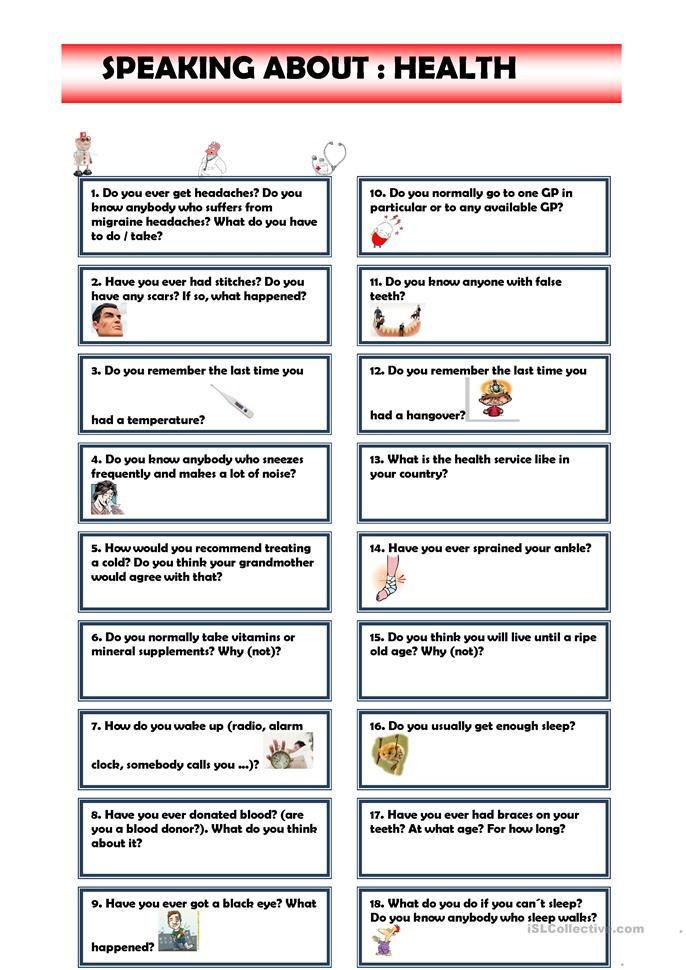
The History of Psychoeducational Groups
According to Wikipedia, “The concept of psychoeducation was first noted in the medical literature, in an article by John E. Donley "Psychotherapy and re-education" in The Journal of Abnormal Psychology, published in 1911. It wasn't until 30 years later that the first use of the word psychoeducation appeared in the medical literature in the title of the book, The psychoeducational clinic by Brian E. Tomlinson. (New York, NY, US: MacMillan Co.) published in 1941. In French, the first instance of the term psychoéducation is in the thesis "La stabilité du comportement" published in 1962.
The popularization and development of the term psychoeducation into its current form is widely attributed to the American researcher C.M. Anderson in 1980 for the treatment of schizophrenia. Her research concentrated on educating relatives about the symptoms and the process of schizophrenia.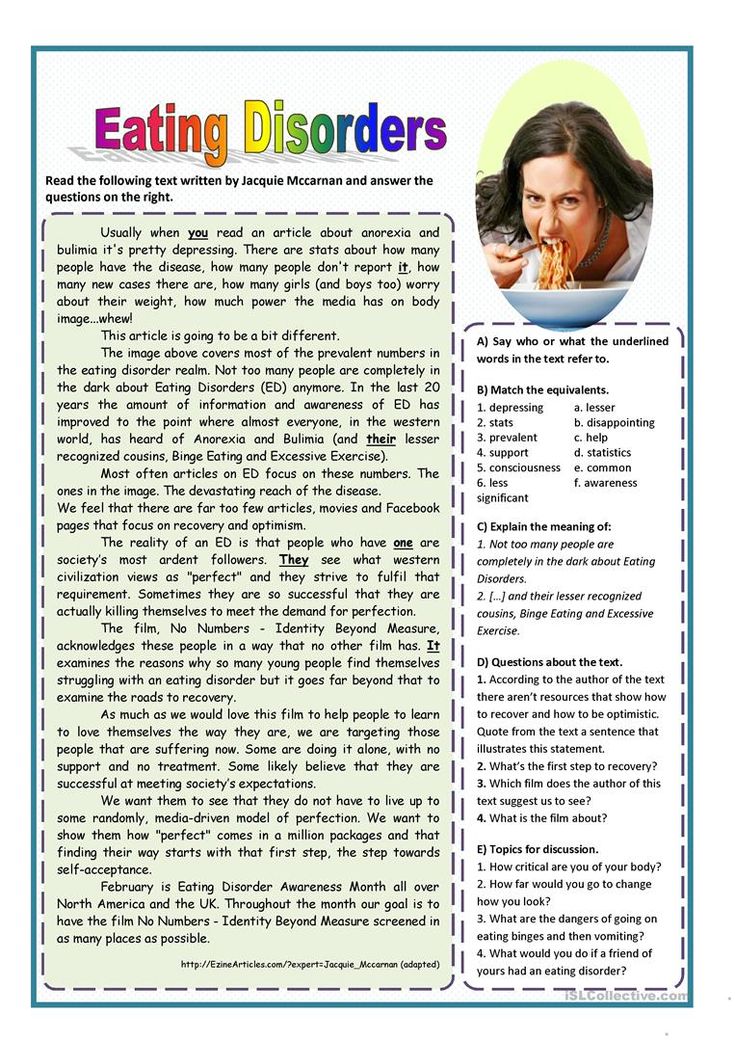 Also, her research focused on the stabilization of social authority and improving the handling of family members among themselves.
Also, her research focused on the stabilization of social authority and improving the handling of family members among themselves.
Finally, Anderson's research included more effective stress management techniques. Psychoeducation in behavior therapy has its origin in the patient's relearning of emotional and social skills. In the last few years increasingly systematic group programs have been developed, in order to make the knowledge more understandable to patients and their families.
Premise of Psychoeducational Groups
According to the research conducted by E.P. Lukens in 2004, “Psychoeducation has the potential to extend the impact of care provision well beyond the immediate situation by activating and reinforcing both formal and informal support systems (Caplan & Caplan, 2000; Lundwall, 1996; Pescosolido, Wright, & Sullivan, 1995) and teaching individuals and communities how to anticipate and manage periods of transition and crisis.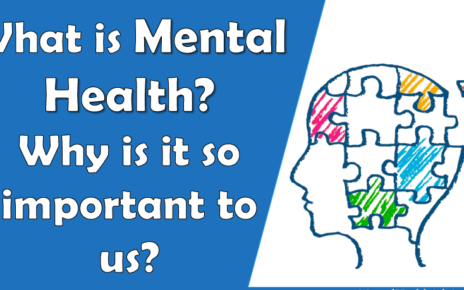 If developed and implemented carefully, following specified guidelines for delivering and documenting evidence-based practices (Task Force on Promotion and Dissemination of Psychological Procedures, 1995).
If developed and implemented carefully, following specified guidelines for delivering and documenting evidence-based practices (Task Force on Promotion and Dissemination of Psychological Procedures, 1995).
“… Psychoeducational interventions have far-reaching application for acute and chronic illness and other life challenges across levels of the public health, social and civic services, and/or educational systems.” – E.P. Lukens
Who Can Benefit From Psychoeducational Groups
Clients from diverse ethnic, race, cultural, social economic, educational, gender, age, religious and sexual orientations can all be helped with psychoeducational groups. Psychoeducational groups embrace diversity of its clients while focusing on the specific issue or mental health concern for a particular psychoeducational group. Psychoeducational groups make the topic the identified common equivalent. This helps to put everyone on the same playing field in regards to the participants being able to trust that everyone in the group has a basic understanding and knowledge base for what the other members are experiencing.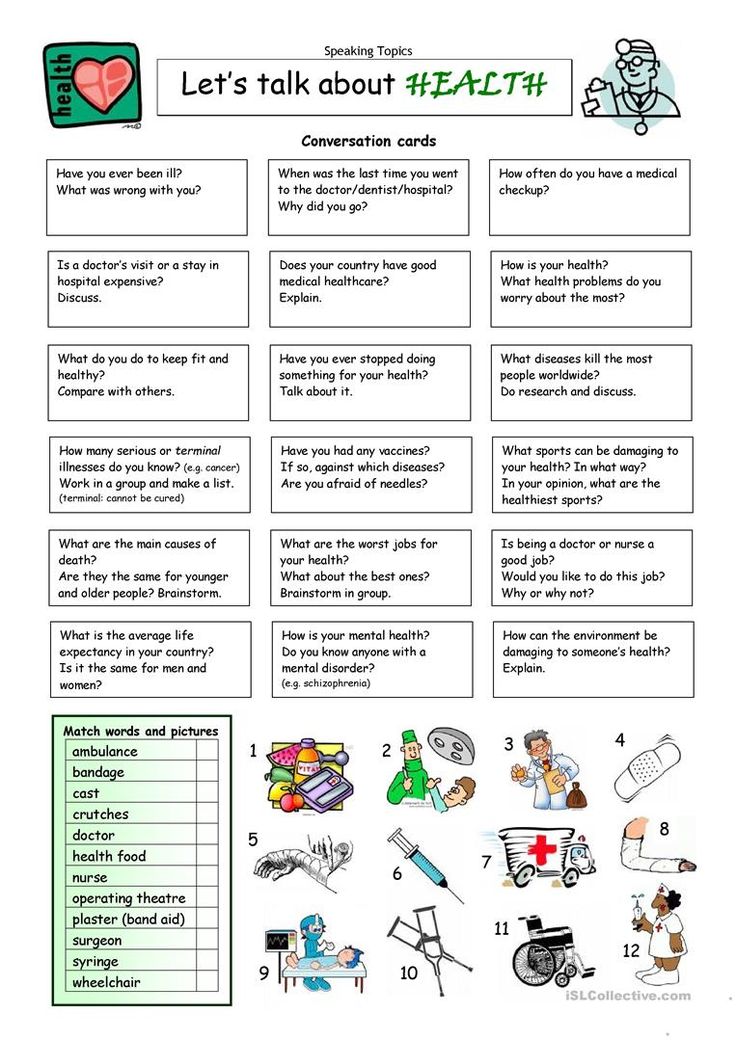 Psychoeducational groups can be utilized to help clients in multiple areas of mental health.
Psychoeducational groups can be utilized to help clients in multiple areas of mental health.
Start 30-day Free Trial and explore TheraPlatform. HIPAA Compliant Video and Practice Management Software for Therapists.
Free Trial
Psychoeducational groups include helping individual with:
- Phobias
- Mental Illness
- Substance Abuse
- Domestic Violence
- Trauma Survivors
- Weight Loss
- Chronic Physical Disease
- Anger Management
- Grief
- Criminal Behavior
Psychoeducational Groups Topics
Psychoeducational groups focus on sharing information on a particular topic and/or teaching skills to the clients in the group. The members of the group are all working and/or healing from the same concern.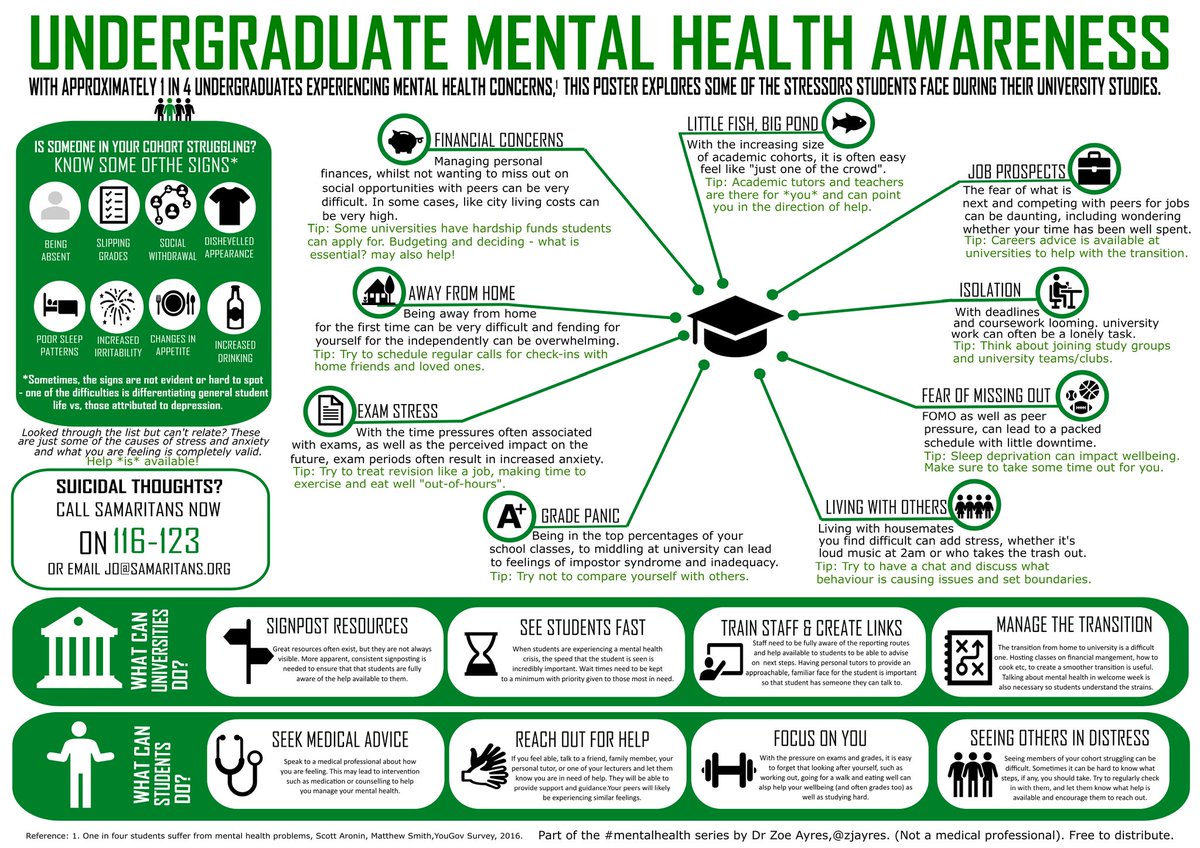 They are struggling with equivalent issues. This commonality helps the group members to connect and relate better to each participant in the group. In psychoeducational groups, the counselor has the role of an instructor and not just the therapist. The therapist has a more active role in the therapeutic process which includes not only providing a topic for each group but having supplementary materials to educate, show examples and engage the clients in a supportive, therapeutic and educational manner. Topics covered in psychoeducational groups can vary depending on the group type.
They are struggling with equivalent issues. This commonality helps the group members to connect and relate better to each participant in the group. In psychoeducational groups, the counselor has the role of an instructor and not just the therapist. The therapist has a more active role in the therapeutic process which includes not only providing a topic for each group but having supplementary materials to educate, show examples and engage the clients in a supportive, therapeutic and educational manner. Topics covered in psychoeducational groups can vary depending on the group type.
Psychoeducational Group Topics That Can be Included in Most Groups Include:
- Positive thinking skills
- Anger management
- People skills or soft skills
- Conflict management
- Visualization activities
- Choice points
- Communication
- Stress management
- Forgiveness
- Interpersonal communication
Psychoeducational Group Topics for Substance Abuse Clients can include:
- Triggers
- People, places and things
- Idle time
- The 12 steps
- Self-care
- Support systems
- Short and long term goals
Psychoeducational Group Topics for Grief Clients can include:
- The stages of grief
- Coping with loneliness
- Coping with loss
- Dealing with unmet expectations
- Planning a new future
- Saying goodbye to a loved one
- How to honor a loved one’s memory
Psychoeducational Group Topics For Social Phobia (Social Anxiety Disorder) Clients Can Include:
- Education on the particular phobia topic
- Decrease shame
- Anxiety
- Friendship formation and maintenance
- How to go from avoidance to approach
- Practice social skills
- Small talk role-plays
- Identify and pursue valued social goals
Psychoeducational Group Topics For Domestic Violence Clients Can Include:
- Understanding power and control
- Isolation
- Fear
- Financial freedom
- Parent relationships
- Trust
- Self-forgiveness
- Rebuilding social connections
- Freedom
- Safety planning
- Love does not hurt
- Seeking advocacy
Resources
Ellen P. Lukens, MSW, PhD William R. McFarlane, MD (2004). Psychoeducation as Evidence-Based Practice: Considerations for Practice, Research, and Policy
Lukens, MSW, PhD William R. McFarlane, MD (2004). Psychoeducation as Evidence-Based Practice: Considerations for Practice, Research, and Policy
Looking for resources for your psychoeducational group? Theraplatform has several worksheets including those for specific groups like anxiety that you can use in your next session. If you’d like to streamline your practice further, check out Theraplatform, an all-in-one tool to help you manage the operations aspects of your practice. Try a free 30-day-trial today.
Practice Management, EHR/EMR and Teletherapy Platform
Start 30 Day FREE TRIAL
6/10/2019
Substance Abuse Group Activities
Substance abuse group activities can be useful in your recovery group.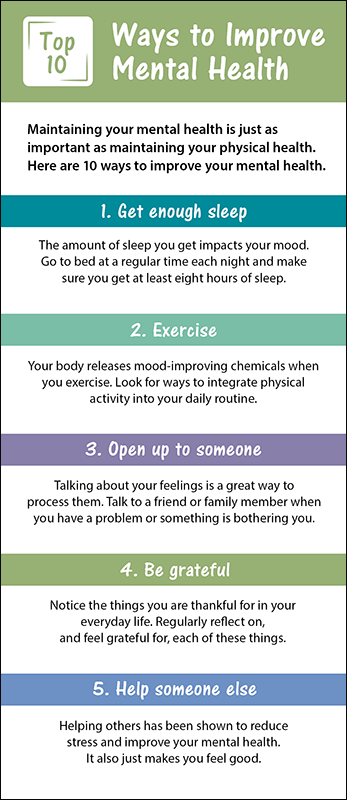 Discover 7 exercises to help clients get in touch with their feelings.
Discover 7 exercises to help clients get in touch with their feelings.
5/27/2019
Cognitive Behavioral Therapy Tips for Therapists
Cognitive Behavioral Therapy (CBT) seems pretty straightforward although it is more art than science. See five tips for successful CBT.
Therapy Games Teletherapy Therapy Notes Telepractice Marketing For Therapists Starting a Private Practice Resources For Therapists Behavioral Health Therapy Billing Case Studies Telehealth Physical Therapy CPT Codes ICD 10 Codes Speech Therapy ICD 10 Codes Physical Therapy ICD 10 Codes Mental Health Mental Health Assessments CPT Codes Mental Health Practice Management Types Of Therapy Occupational Therapy Speech Therapy Physical Therapy Cognitive Behavioral Therapy Therapy Intake Forms Therapy Treatment Plans Therapy Goals
Subscribe to our newsletter
Thematic areas | Congress "Mental health of a person of the XXI century"
Prevention in the field of mental health
Topics for discussion:
1.
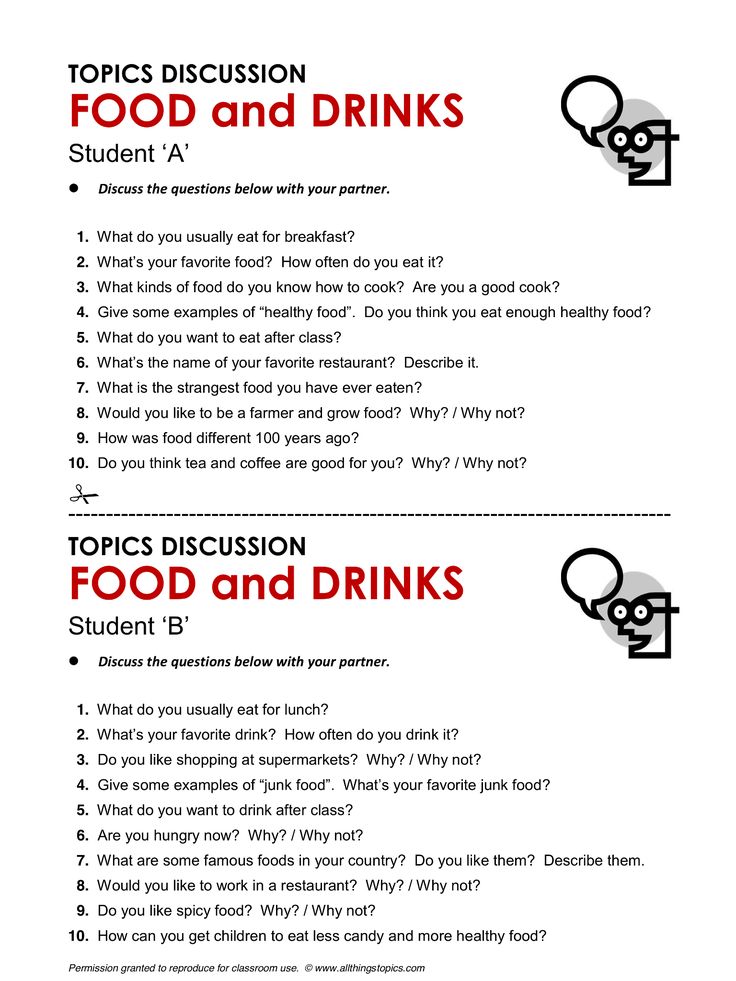 1 Psychiatric and psychotherapeutic approaches in ensuring high levels of mental health
1 Psychiatric and psychotherapeutic approaches in ensuring high levels of mental health - Psychotherapy and psychoprophylaxis
- Methods of psychotherapy;
- Psychotherapy service options
- Biological, psychological, social and spiritual components of psychotherapy
- Socio -political aspects of psychotherapy
- child and teenage psychotherapy
- Psychotherapy in gerontology
- psychotherapy of psychoses and border states
- psychotherapy in suicidology
- psychotherapy in psychosomatic medicine
- psychotherapy for extreme situations
- psychotherapy for extreme situations of- Psychotherapy of addictions
- Psychotherapy and pedagogy
- Psychotherapy of the healthy
- Transcultural aspects of psychotherapy
- Web-based psychotherapy
- Other.
1.2 Psychology in the system of prevention of mental disorders
- Basic concepts and principles of prevention in the field of health care
- Psychological health as an independent discipline
- Psychological stress and mental health
- Psychology of emergencies
- Everyday stress and mental disorders
- Human mental development
- Personology
- Cognitive Psychology
- Emotions and Motives
- Psychology of aggressive and suicidal behavior
- Psychology of dependence
- Psychological predictors of drug addiction
- Innovation in the surgery of dependence
- Contestation - Counterfeitation in Eating Behavior
- Mental Health and Lifestyles
- School Psychology
- Child and Adolescent Psychology
- Family psychology
- Gender psychology
- Group psychology
- Mental health in the workplace
- Mental health in the elderly
- Psychology of loneliness
- Other.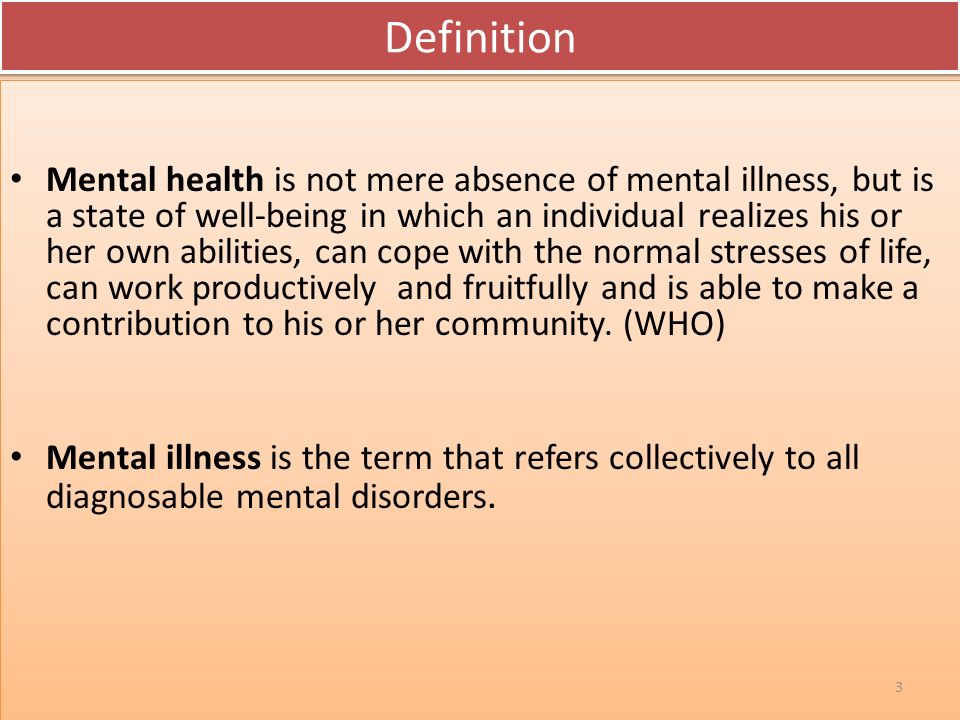
1.3 Sociology of mental health
- Basic concepts and principles of prevention in the field of health care
- Sociological research in the field of mental health
- Individual and public health
- Mental health and healthy lifestyle
- Socio-economic aspects of mental health
- Socio-political aspects of mental health
- Sociology of mental health in social knowledge
- Mental health and well-being in radically changing societies
- Sexual behavior and health
- Eating behavior and health
- Adolescents and health
- Aging and health
- Social risk factors for the formation of addictions
- Mental health in the workplace
- Labor market, unemployment and the problem of labor relations flexibility
- Labor protection
- Other.
1.4 Mental health and law
- Legal regulation of mental health care in the Russian Federation.
- Mental health regulation in Europe.
- International mental health law
- Efficiency of legislative acts in the field of regulation of national mental health systems
- Features of legal mechanisms for financing mental health systems in the context of the global financial and economic crisis
- Legal mechanisms for assessing the economic effectiveness of preventive measures in the field of mental health (for example national models)
- Public-Private Partnership in Mental Health
- Legal mechanisms for the formation of public policy in the field of mental health
- Other.
1.5 Mental health and economics
- State regulation of the mental health care system
- Property features and structure of goods/services produced in the field of mental health care
- Forms of attracting economic resources for conducting activities in the field of prevention of mental disorders
- Cost-effectiveness of using the potential of non-profit organizations to solve problems in the field of mental health
- Mechanisms for managing systems for the prevention of mental disorders in the context of the global financial and economic crisis (on the example of national models)
- Mechanisms for intersectoral interaction between the public and private sectors economics in the field of prevention of mental disorders
- National practices for managing mental health systems
- The influence of economic factors on the prevalence of mental disorders
- The nature, place and role of non-profit organizations in the field of prevention of mental disorders
- Economic and financial instruments of state management of non-profit organizations in the field of mental health
- Analysis of the real state and features of functioning state, non-profit organizations in the field of mental health care
- Analysis of the economic effect of preventive activities in the field of mental health
- Organizational and economic relations arising in the process of implementing activities in the field of mental health in modern conditions
- Forms of intersectoral interaction of non-profit organizations with government agencies in the field of mental health health
- Practices of national guidelines, standards, planning, quality assessment of preventive services
- Other.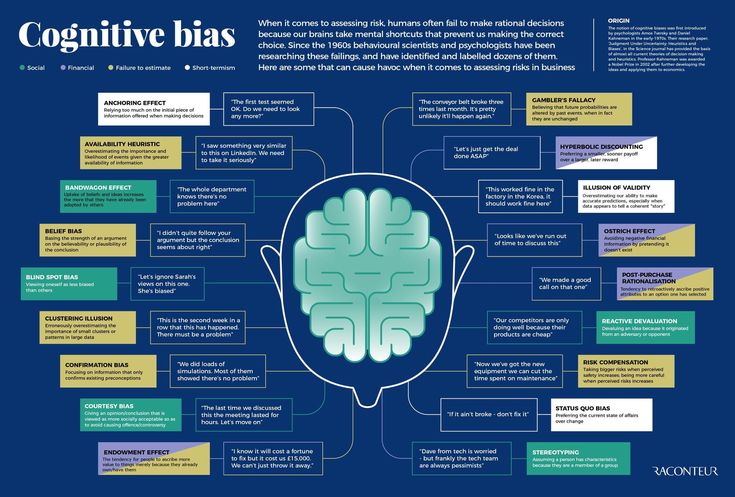
1.6 Mental health and sport
- Basic concepts and principles of prevention in health care
- Physical activity and mental health
- Physical activity and changes in cognitive (mental) functioning
- Sports as a means of preventing mental disorders
- Physical education and personal development
- Mental health and elite sports
- Anti-doping programs
- Anti-doping research
- Anti-doping education programs
- Other.
1.7 Mental health and cultural studies (Cultural studies)
- Influence of cultural factors on the prevalence of mental disorders
- Mental health in countries and ethnic groups
- Prevention of mental disorders through creativity
- A look at mental disorders in different cultures
- Human mental health as a humanitarian problem
- Mental health and self-knowledge
- Spiritual determination of mental health
- Mental health in the technogenic world
- Mental health and ethics of intercultural relations
- Other.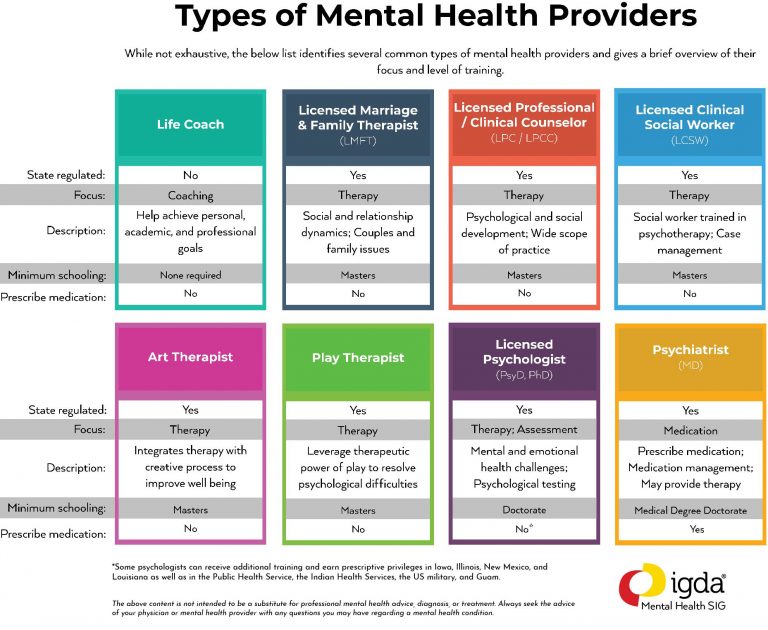
Treatment and rehabilitation in the mental health system
Topics for discussion:
2.1 Psychiatry
- Legislation in the field of psychiatry and tasks of state regulation of psychiatric care
- National standards for diagnosis and treatment in psychiatry
- Models of comprehensive psychological and psychiatric care followed by social rehabilitation
- International and domestic approaches to the modernization of psychiatric care
- Institutional models for integrating psychiatry into public health services, other sectors
- Standards for Psychiatric, Psychotherapeutic, Psychological Care and Social Work
- Classifications of mental and behavioral disorders
- epidemiology of mental disorders
- socio -economic burden of mental disorders
- modern approaches to psychiatric diagnostics
- evidence -based psychiatry
- neuropsics - neuropshy - Neurocognitive deficit- Neurochemistry and neuroimmunology of mental disorders
- Psychoendocrinology
- Neuroimijing (Neuroimaging)
- Psychopharmacological studies
- Psychopharmacology in the rehabilitation system
- Psychophylaxis
- Psychosocial rehabilitation
- Psychiatry with allocation
- TAMETIONARY - TAMETIONARY - TAMETIONARY - TAMETIONARY - TAMETIONARY IN THE CHILDREN rehabilitation in psychiatry
- Transcultural psychiatry
- Mental disorders in children and adolescents
- Autism and mental disorders
- anorexia nervous and eating disorders
- gerontological psychiatry
- prevention and therapy of dementia
- Professional education in the field of psychiatry
- telemedicine, Internet and psychiatry
- psychiatry - psychiatry - psychiatry - psychiatry - psychiatry - psychiatry - psychiatry - psychiatry - psychiatry - psychiatry - psychiatry - psychiatry - psychiatry - psychiatry and psychiatry bioethics
- Psychiatry and narcology
- Psychogenetics of addictions
- Other
2.
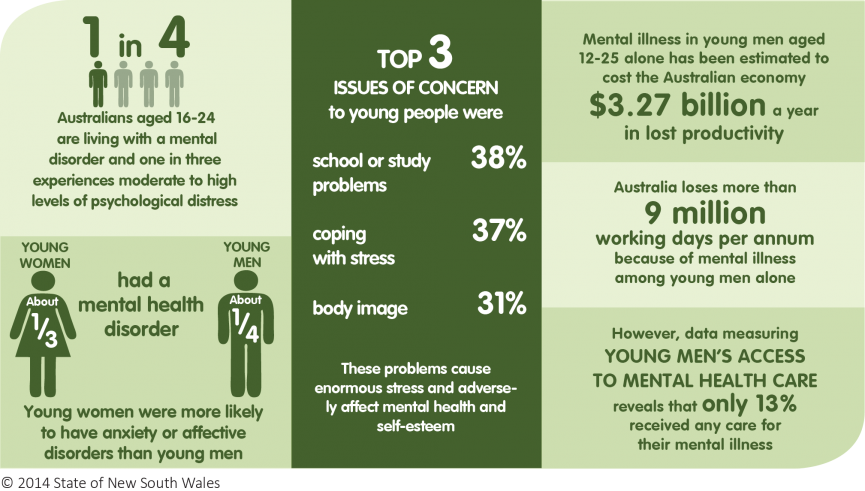 2 Psychotherapeutic approaches in ensuring high levels of mental health
2 Psychotherapeutic approaches in ensuring high levels of mental health - Laws on Psychotherapy and the problem of standardization of psychotherapeutic assistance
- Psychotherapeutic care standards
- evidence -based psychotherapy
- Psychotherapy in the system of psychosocial rehabilitation
- Psychotherapy in the hospital
- Psychotherapy- Integration in psychotherapy 9001
- Clinical Psychotherapy
- Psychodynamic Psychotherapy
- Cognitive Behavioral Psychotherapy
- Humanistic psychotherapy
- SUGESTIVE Psychotherapy
- Psycho Orthodopedics
- child and teenage psychotherapy
- Psychotherapy in gerontology
- Psychotherapy in suicidology
- psychotherapy in psychosomatic medicine
- psychotherapy under elemental situations under elemental situations under elemental situations under elemental. Psychotherapy in forensic psychiatry
- Spirituality and psychotherapy
- Psychotherapy and art
- Art therapy (theatre-therapy, music therapy, dance-movement therapy, film, television and other screen arts, visual and decorative arts)
- Family psychotherapy
- Psychotherapy and pedagogy
- Transcultural aspects of psychotherapy
- Web psychotherapy
- Alternative psychotherapy (parapsychotherapy)
- Other.
2.3 Sociology of mental health
- Human biosocial nature
- Health care as part of the social sphere of society
- Medical and social aspects of mental health
- Life with chronic diseases
- Social adaptation of persons with mental disorders and disorders through labor rehabilitation and employment
- Rehabilitation centers for labor rehabilitation
- Inpatient rehabilitation (PNI)
- Other.
2.4 Psychology in the system of treatment and rehabilitation of persons with mental disabilities
- Psychology of Stigma
- Judicial Psychology and Psychological and psychiatric examination
- Psychological testing
- Clinical psychology and psychiatry: Dialogue capabilities
- Psychology and Psychotherapy
- Psychological Consultation
- Psychology of aggressive and suicidal behavior - Psychology
- Psychology of addiction
- Ethnopsychology of addiction diseases
- Personality and addictions
- Family and addictions
- Psychology of codependency
- Psychological assistance in the rehabilitation of patients (alcoholism, drug addiction)
- Psychology of personality in comorbid addictive disorders (alcoholism, depression, schizophrenia, drug addiction)
- Psychology of eating behavior
- Mental Health and Lifestyles
- School Psychology
- Child and Adolescent Psychology
- Family Psychology
- Gender Psychology
- Psychology of groups
- Mental health in old age
- Psychology of loneliness
- Psychology and Psycho -OMSOLOGY
- Psychology in psychosomatics
- System for evaluating the quality of psychological services
- Other.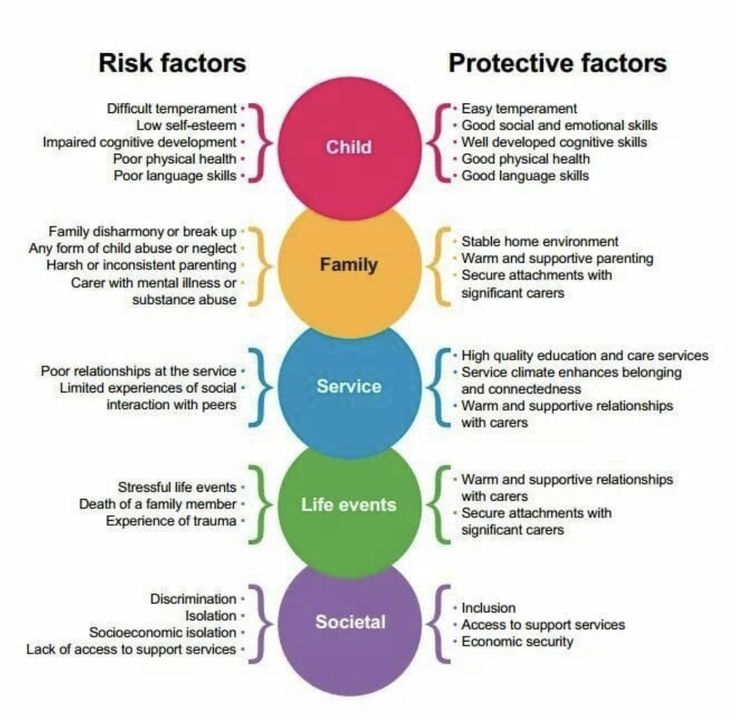
2.5 Mental health and sports
- Physical activity as an addition to therapeutic measures
- Adaptive physical culture in the practice of working with people with mental disabilities
- Physical activity and compensatory-adaptive reactions of the body during aging
- Other.
Protection of human rights in the field of mental health
Topics for discussion:
3.1
- Stigmatization and self -stigmatization
- Psychiatry and anti -psychiatry
- Psychology of stigma
- National approaches to the problems of stigmatization and discrimination
- Legislation in the field of protection of the rights of persons with a psychiatric diagnosis
- Stigmatization: patient, psychiatrist, psychotherapist, other.
- Information, awareness and education programs on psychiatric stigma
- Participation of people with mental disorders and their families in mental health programs
- The role of the media in protecting human rights and mental health
- Increasing the psychiatric literacy of the population.
- Myths about psychiatry and the mentally ill
- Information activity of psychiatrists
- Interference with privacy
- Quality of life of persons suffering from mental disorders
- The principle of partnership between patients and doctors.
- Monitoring the legal status of patients in psychiatric hospitals
- Increasing the availability of psychological and psychotherapeutic assistance to the population
- Housing problems for people suffering from mental disorders
- Social disability criteria for persons suffering from mental disorders
- Employment of persons suffering from mental disorders
- Social adaptation of persons suffering from mental disorders
- Voluntary mental health care disorders and their families
- Legal assistance to people with mental disorders and their families
- Other.
Thematic directions | Congress “Mental health of a person of the XXI century”
Mental development of children and adolescents: prevention of mental disorders
Topics for discussion:
1.
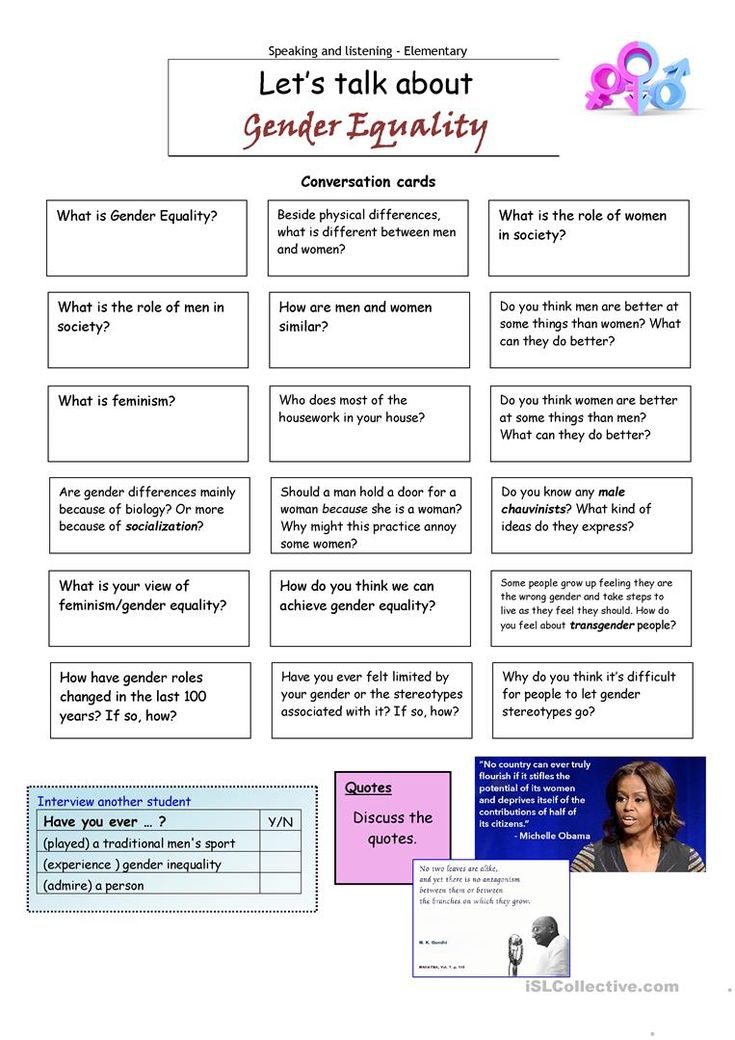 1 Mental health in the system of prenatal and postnatal care for mothers and newborns.
1 Mental health in the system of prenatal and postnatal care for mothers and newborns. Prenatal, perinatal and environmental risk factors. Pathology of pregnancy and childbirth. Premature birth as an important risk factor for subsequent mental and general developmental disorders in children. Early diagnosis of developmental disorders and early intervention. In vitro fertilization. Medical and psychological assistance to women during pregnancy and childbirth. Parenting training programs. Medico-social services for mothers and children in the postpartum period. Social support for single mothers. Psychosocial and legal assistance to women who have been subjected to violence or sexual harassment. nine0010
1.2 Peculiarities of mental health in preschool children.
Pedagogy, psychology, pediatrics, neurology and child psychiatry: interdisciplinary interaction. Preschool education and upbringing. Speech therapy and defectological diagnostics. Prevention and correction of psychoverbal developmental disorders. Family and child mental health. Factors affecting mental health. Social competence as a key characteristic of some mental disorders. Early childhood psychosocial development. Nutrition and development of children at an early age. Physical, cognitive and socio-emotional development. Adverse Childhood Experiences: Interactions with Psychiatric Disorders. The impact of early parental care on a child's mental health. Social development: the role of the game. Early development of temperament. nine0010
Family and child mental health. Factors affecting mental health. Social competence as a key characteristic of some mental disorders. Early childhood psychosocial development. Nutrition and development of children at an early age. Physical, cognitive and socio-emotional development. Adverse Childhood Experiences: Interactions with Psychiatric Disorders. The impact of early parental care on a child's mental health. Social development: the role of the game. Early development of temperament. nine0010
1.3 Mental health in school-age children.
Pedagogy, psychology, pediatrics, neurology and child psychiatry: interdisciplinary interaction. Outpatient care and services for children in the context of mental and general health. Individual development and environmental risk factors. Preschool, school and family education: interaction and integration in the context of mental health and development. Interaction of teachers, parents and peers in the school environment. Educational environment: factors influencing mental health.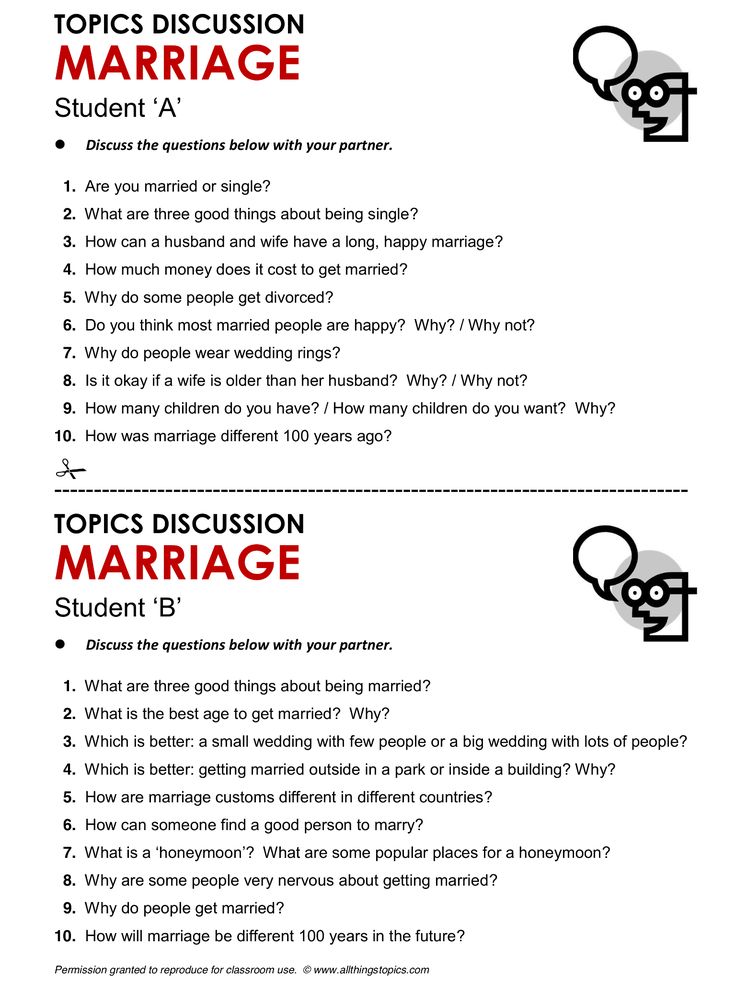 Training programs for teachers on maintaining the mental health of students. Professional burnout of teachers. School programs to promote mental health values. Learning difficulties. Measures to prevent bullying and harassment. Managing destructive behavior. Perfectionism and emotional maladaptation. Suicidal Behavior: Symptoms, Prevention and Resources. Prevention of anxiety disorders and depression. Prevention of attention deficit/hyperactivity disorder (ADHD). Domestic violence and psychological and psychotherapeutic services for children and their families. nine0010
Training programs for teachers on maintaining the mental health of students. Professional burnout of teachers. School programs to promote mental health values. Learning difficulties. Measures to prevent bullying and harassment. Managing destructive behavior. Perfectionism and emotional maladaptation. Suicidal Behavior: Symptoms, Prevention and Resources. Prevention of anxiety disorders and depression. Prevention of attention deficit/hyperactivity disorder (ADHD). Domestic violence and psychological and psychotherapeutic services for children and their families. nine0010
1.4 Adolescent mental health.
Mental health: family and adolescents. Suicide, deviant behavior, dangerous leisure and illegal activities: prevention strategies. Predictors of adolescent depression and suicide. The role of the media in the prevention of adolescent depression and suicide. Hotlines for teenagers. Chemical and non-chemical dependence. Eating disorders (anorexia nervosa, compulsive overeating, bulimia nervosa).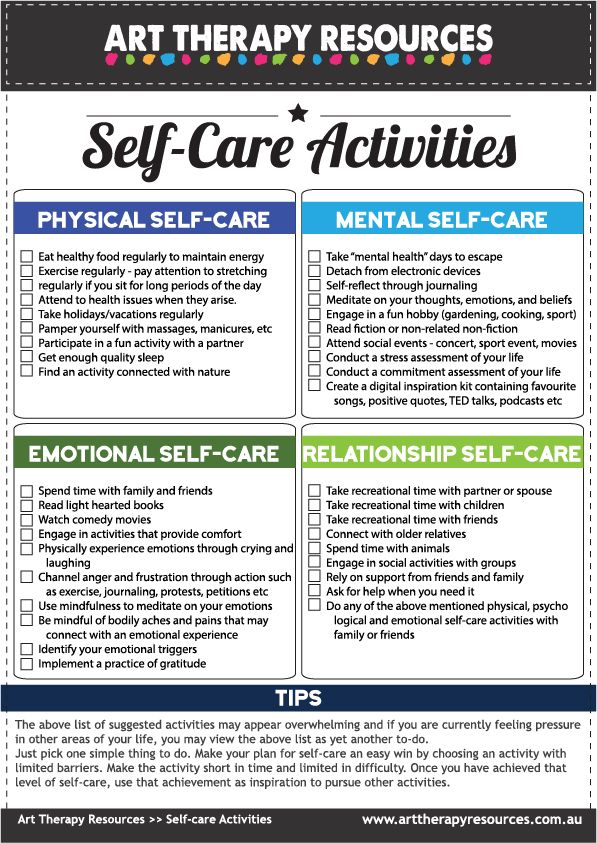 Disadaptation of behavior (dysfunctional behavior): prevention strategies and psychological assistance. Bullying and harassment, psychological and physical violence at school: prevention strategies and psychological assistance. Types of teenage aggression. Interdisciplinary approach to the prevention of aggressive behavior in adolescents. Sex education. Sexual and reproductive health. Emotional and behavioral disorders in adolescents. Suicide and interpersonal violence: prevention strategies. Internet addiction. Academic achievement and social recognition: approaches to mental health care. Stress resistance. HIV/AIDS Prevention Strategies. Prevention of mental disorders using the “peer educate peer” approach. nine0010
Disadaptation of behavior (dysfunctional behavior): prevention strategies and psychological assistance. Bullying and harassment, psychological and physical violence at school: prevention strategies and psychological assistance. Types of teenage aggression. Interdisciplinary approach to the prevention of aggressive behavior in adolescents. Sex education. Sexual and reproductive health. Emotional and behavioral disorders in adolescents. Suicide and interpersonal violence: prevention strategies. Internet addiction. Academic achievement and social recognition: approaches to mental health care. Stress resistance. HIV/AIDS Prevention Strategies. Prevention of mental disorders using the “peer educate peer” approach. nine0010
Children and adolescents with mental health problems: treatment and rehabilitation
Topics for discussion:
2.1 Modern approaches to the diagnosis of mental and developmental disorders in children and adolescents.
Comprehensive approach to the diagnosis of mental health disorders in childhood and adolescence. Evidence-based medicine and child psychiatry. Early diagnosis of autism spectrum disorders and other developmental disorders. Genetics and genomics in the early diagnosis of mental disorders and mental development disorders in children and adolescents. Neurobiological studies of the etiopathogenesis of mental and behavioral disorders in childhood and adolescence. The role of social factors in the etiopathogenesis of mental disorders and mental developmental disorders in children and adolescents. Biomarkers of mental and behavioral disorders in children and adolescents. Experimental psychological studies and their role in the diagnosis of mental disorders and mental development disorders in childhood and adolescence. The role of social factors in the etiopathogenesis of mental disorders and disorders of mental development in children and adolescents. nine0010
Evidence-based medicine and child psychiatry. Early diagnosis of autism spectrum disorders and other developmental disorders. Genetics and genomics in the early diagnosis of mental disorders and mental development disorders in children and adolescents. Neurobiological studies of the etiopathogenesis of mental and behavioral disorders in childhood and adolescence. The role of social factors in the etiopathogenesis of mental disorders and mental developmental disorders in children and adolescents. Biomarkers of mental and behavioral disorders in children and adolescents. Experimental psychological studies and their role in the diagnosis of mental disorders and mental development disorders in childhood and adolescence. The role of social factors in the etiopathogenesis of mental disorders and disorders of mental development in children and adolescents. nine0010
2.2 Child psychosomatics: at the intersection of pediatrics and child psychiatry.
Pediatrics and child psychiatry: problems and perspectives of interaction. Clinical and epidemiological research in child psychosomatics. An interdisciplinary approach to the diagnosis and treatment of psychosomatic disorders in childhood and adolescence. The role of primary health care in the diagnosis and treatment of psychosomatic disorders in children and adolescents. Comorbidity of mental and somatic disorders in childhood and adolescence. Biological and psychosocial factors in the diagnosis and treatment of psychosomatic disorders in childhood and adolescence. Psychotherapy for psychosomatic disorders in children and adolescents. nine0010
Clinical and epidemiological research in child psychosomatics. An interdisciplinary approach to the diagnosis and treatment of psychosomatic disorders in childhood and adolescence. The role of primary health care in the diagnosis and treatment of psychosomatic disorders in children and adolescents. Comorbidity of mental and somatic disorders in childhood and adolescence. Biological and psychosocial factors in the diagnosis and treatment of psychosomatic disorders in childhood and adolescence. Psychotherapy for psychosomatic disorders in children and adolescents. nine0010
2.3 Child psychopharmacology and child psychotherapy.
An integrated approach to the treatment of mental and behavioral disorders in childhood and adolescence. Psychopharmacological research in child psychiatry. Efficacy and safety of psychopharmacological treatment in childhood and adolescence. The problem of voluntary consent to psychopharmacotherapy in childhood and adolescence. Approaches to psychotherapy in childhood and adolescence: individual, group and family psychotherapy.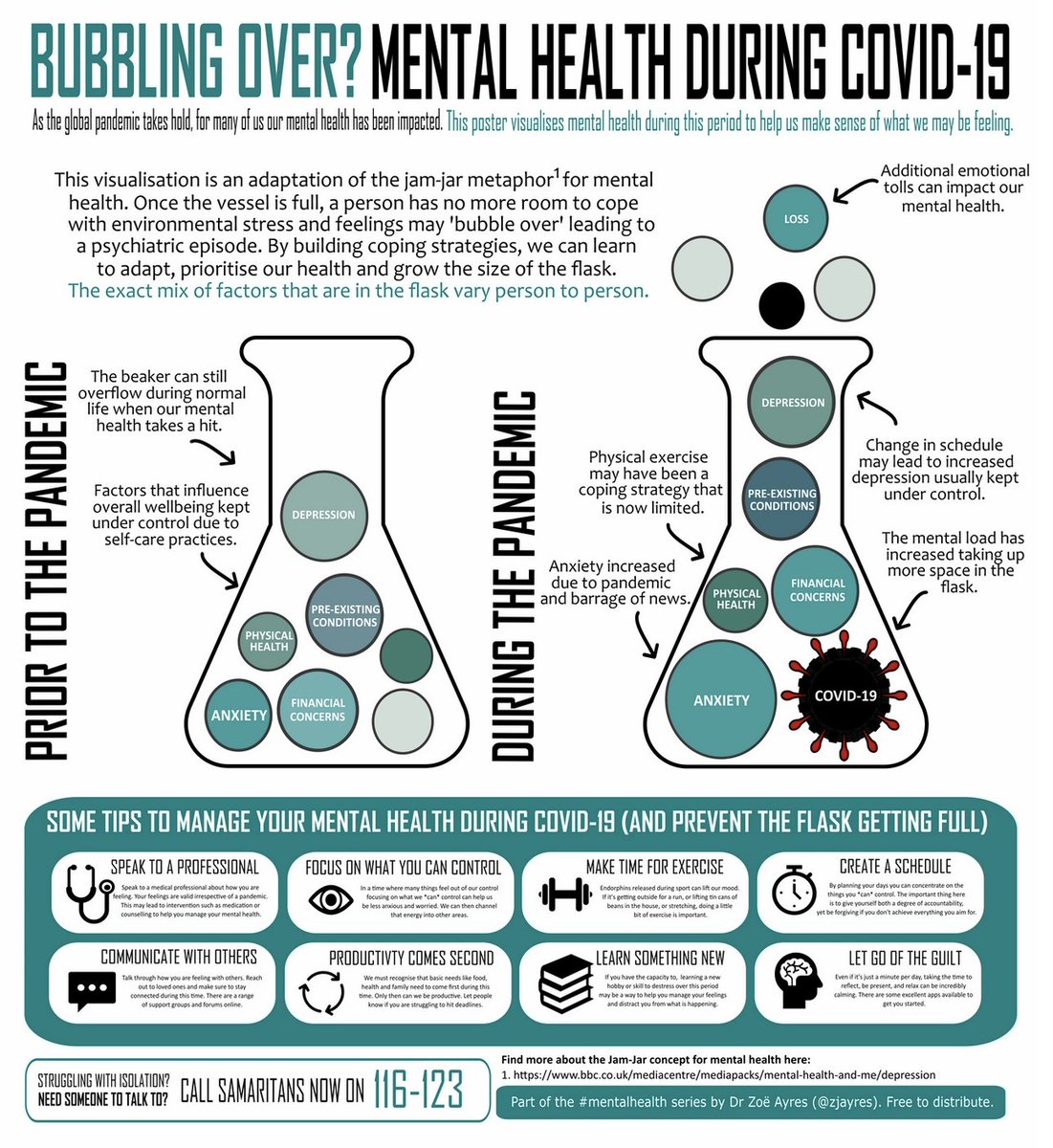 Psychotherapy of children and adolescents in inpatient and outpatient settings. nine0010
Psychotherapy of children and adolescents in inpatient and outpatient settings. nine0010
2.4 Psychosocial rehabilitation of children and adolescents.
Features of psychosocial rehabilitation of children and adolescents. Group methods of work. Family forms of psychosocial interventions. Individual psychotherapeutic methods. Formation of adherence to treatment in parents. Interdisciplinary and intersectoral approaches - ensuring the complexity and continuity of treatment. Integrative approach - interaction with the primary health care network, non-medical institutions, including preschool and school institutions, institutions of culture, art, physical culture and sports. Giftedness in children with psychiatric experience. Adaptive sport and elite sport in the system of psychosocial rehabilitation. Art therapy and outsider art. Rehabilitation Services Evaluation System. nine0010
2.5 Autism spectrum disorders and other developmental disorders.
Primary prevention of autism spectrum disorders and other mental development disorders in children and adolescents.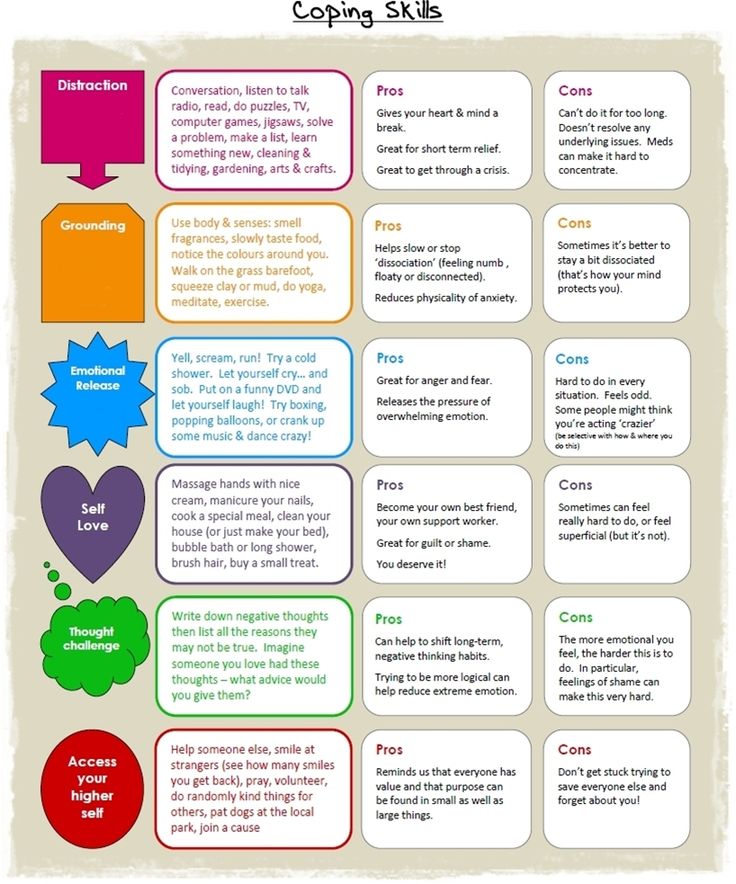 Early diagnosis. Programs of complex psychosocial rehabilitation of children and adolescents with ASD. Drug therapy and non-drug treatment of autism spectrum disorders and other mental development disorders in childhood and adolescence. A team approach to the prevention, therapy and psychosocial rehabilitation of autism spectrum disorders and other mental development disorders. Dispensary observation of children and adolescents with mental development disorders. Inclusive education of children and adolescents with autism spectrum disorders and other mental development disorders. Development of the institution of tutoring. Group, family psychotherapy and other psychological assistance to parents of children and adolescents with mental development disorders. nine0010
Early diagnosis. Programs of complex psychosocial rehabilitation of children and adolescents with ASD. Drug therapy and non-drug treatment of autism spectrum disorders and other mental development disorders in childhood and adolescence. A team approach to the prevention, therapy and psychosocial rehabilitation of autism spectrum disorders and other mental development disorders. Dispensary observation of children and adolescents with mental development disorders. Inclusive education of children and adolescents with autism spectrum disorders and other mental development disorders. Development of the institution of tutoring. Group, family psychotherapy and other psychological assistance to parents of children and adolescents with mental development disorders. nine0010
2.6 Childhood disability.
Child disability statistics on mental illness. Clinical examination of children with disabilities for mental illness. Treatment and psychosocial rehabilitation of children with mental disabilities. Containment of disability and socialization of children with disabilities. Social security of disabled children. Psychological, social support for family members. Disabled children in boarding schools. Prevention of social orphanhood. The role of the state, business and society in improving the quality of life of disabled children. nine0010
Containment of disability and socialization of children with disabilities. Social security of disabled children. Psychological, social support for family members. Disabled children in boarding schools. Prevention of social orphanhood. The role of the state, business and society in improving the quality of life of disabled children. nine0010
Mental health of gifted children
Topics for discussion:
3.1 Intellectual, social, emotional and physical development of gifted children.
The concepts of "children's giftedness" and "gifted child". Types of giftedness. Early childhood signs of giftedness in various areas of special abilities. Giftedness with harmonious and disharmonious types of development. Diagnosis and development of gifted children. Features of the cognitive and motivational-personal spheres of a gifted child. Specific problems of mental imbalance in the emotional-volitional sphere. Behavioral features of gifted children. The Development of Giftedness in the Educational Environment: Problems of Mental Health. Feature of the motivational sphere of gifted children. Academic results and giftedness. Asynchronous development: social and emotional problems. Learning needs. Dysgraphia. Problems with speech. Social adaptation of gifted children. Psychological risks. Behavioral, social and emotional problems. Development problems. Perfectionism and self-blame. Perfectionism and stress, depression. Independence of thought and conflicts. Prevention of anxiety. Motivation and self-esteem. Willpower problem. Family, school, personal problems of gifted children. Cultural Differences in Giftedness: An Approach to Mental Health. Principles and features of teaching a gifted child. Forms of upbringing and education of a gifted child in the system of preschool education. Forms of upbringing and education of a gifted child in the system of educational institutions. Forms of upbringing and education of gifted children in the system of additional education. Forms of upbringing and education of gifted children in the system of schools focused on working with gifted children.
Feature of the motivational sphere of gifted children. Academic results and giftedness. Asynchronous development: social and emotional problems. Learning needs. Dysgraphia. Problems with speech. Social adaptation of gifted children. Psychological risks. Behavioral, social and emotional problems. Development problems. Perfectionism and self-blame. Perfectionism and stress, depression. Independence of thought and conflicts. Prevention of anxiety. Motivation and self-esteem. Willpower problem. Family, school, personal problems of gifted children. Cultural Differences in Giftedness: An Approach to Mental Health. Principles and features of teaching a gifted child. Forms of upbringing and education of a gifted child in the system of preschool education. Forms of upbringing and education of a gifted child in the system of educational institutions. Forms of upbringing and education of gifted children in the system of additional education. Forms of upbringing and education of gifted children in the system of schools focused on working with gifted children.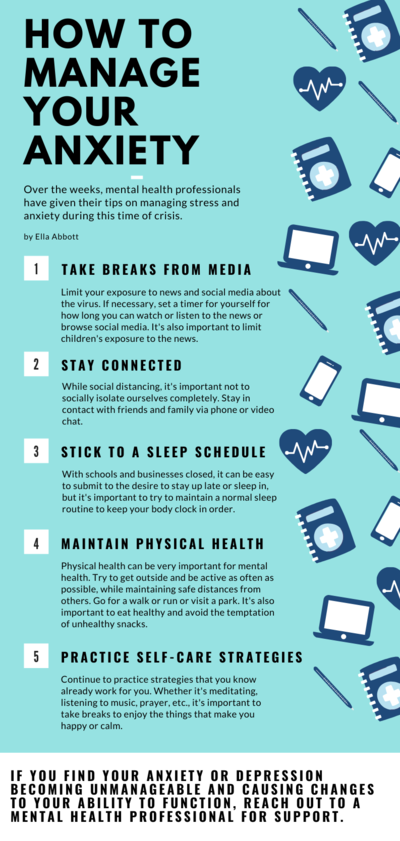 Training of specialists to work with gifted children. Psychological and pedagogical support and support for gifted children. The role of parents and caregivers in maintaining the mental health and well-being of gifted children. The role of educators in maintaining the mental health and well-being of gifted children and their families. National policy to support the mental health of gifted children. nine0010
Training of specialists to work with gifted children. Psychological and pedagogical support and support for gifted children. The role of parents and caregivers in maintaining the mental health and well-being of gifted children. The role of educators in maintaining the mental health and well-being of gifted children and their families. National policy to support the mental health of gifted children. nine0010
3.2 Gifted children: challenges for psychiatry.
Psychological characteristics of gifted children and emotional problems. Psychological, psychosomatic and psychopathological problems of gifted children. Features of the mental development of a gifted child. Hyperactivity in Gifted Children and Attention Deficit/Hyperactivity Disorder: Problems for Diagnosis. Unrecognized disorders. Intellectual precocity and learning disability: problems for diagnosis. Presence of one's own opinion and oppositional behavior: problems for diagnosis. Depression, suicidal thoughts, anxiety, social isolation and feelings of alienation, aggression and drug use problems in gifted children. Ethical aspects of identifying the giftedness of children. Factors influencing the maladjustment of a gifted child. nine0010
Ethical aspects of identifying the giftedness of children. Factors influencing the maladjustment of a gifted child. nine0010
Mental health of children and adolescents in difficult life situations
Topics for discussion:
4.1 Mental health of children and adolescents from families of refugees, internally displaced persons and migrants.
Special needs in mental health services. Availability of mental health services. Factors predicting distress. Psychosocial aspects of the reaction of children and adolescents to war, insecurity, violence and terrorism. Factors contributing to the formation of sustainability. Personal and social sources of sustainability. Emotion regulation, parenting and social support as sources of resilience support. Acceptance by communities to which children and adolescents who are refugees, internally displaced persons and migrants return. Activities aimed at meeting the needs of children from refugee and migrant families. Diagnosis and prevention of lack of psychiatric services.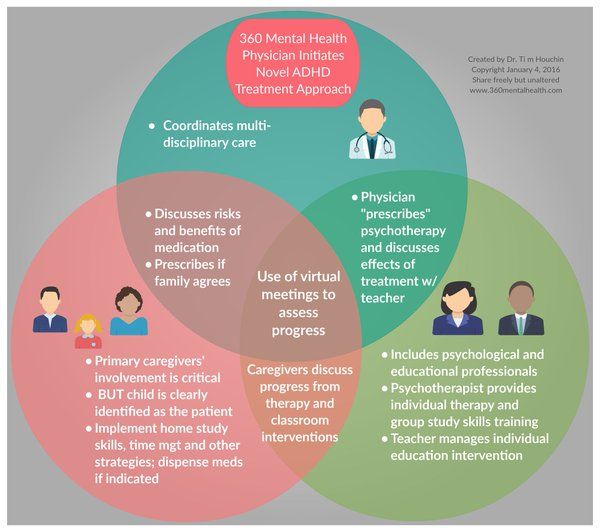 Treatment of mental disorders. Problems of prevention and treatment. Mental health awareness programs for refugees, internally displaced persons and migrants, including children, adolescents and their families. Mobile medical and non-medical state and public mental health organizations. Psychological support. Public awareness programs to create favorable conditions for refugees, internally displaced persons and migrants, including children, adolescents and their families. National mental health control programs and interventions. Identification and measurement of protective factors. nine0010
Treatment of mental disorders. Problems of prevention and treatment. Mental health awareness programs for refugees, internally displaced persons and migrants, including children, adolescents and their families. Mobile medical and non-medical state and public mental health organizations. Psychological support. Public awareness programs to create favorable conditions for refugees, internally displaced persons and migrants, including children, adolescents and their families. National mental health control programs and interventions. Identification and measurement of protective factors. nine0010
4.2 Mental health of children left without parental care.
Factors that trigger the development of various forms of psychological and mental disorders, including fear, insecurity, resentment, feelings of rejection, dependence on strangers, and exposure to unstable or dangerous external circumstances. Children left without parental care: orphans, abandoned children, street children - specialized programs for the prevention of mental disorders. Emotional, behavioral and mental disorders, including loss of self-esteem, depression and suicide, withdrawal, anger and aggression, intellectual and cognitive impairment and development. Psychological and social interventions to mitigate and compensate for the loss of parents. Training of educators of orphanages and boarding schools, foster and foster parents, guardians, teachers and psychologists on the issues of maintaining the mental health of orphans. Living conditions in orphanages or boarding schools: mental health problems. Specialized training for foster parents or guardians, teachers and counselors. National mental health control programs and community events. Identification and measurement of protective factors. nine0010
Emotional, behavioral and mental disorders, including loss of self-esteem, depression and suicide, withdrawal, anger and aggression, intellectual and cognitive impairment and development. Psychological and social interventions to mitigate and compensate for the loss of parents. Training of educators of orphanages and boarding schools, foster and foster parents, guardians, teachers and psychologists on the issues of maintaining the mental health of orphans. Living conditions in orphanages or boarding schools: mental health problems. Specialized training for foster parents or guardians, teachers and counselors. National mental health control programs and community events. Identification and measurement of protective factors. nine0010
4.3 Mental health of children and adolescents affected by armed and transnational conflicts, environmental and man-made disasters, natural disasters and humanitarian crises.
Psychological, medical, social, legal and economic consequences of armed conflict or natural disasters.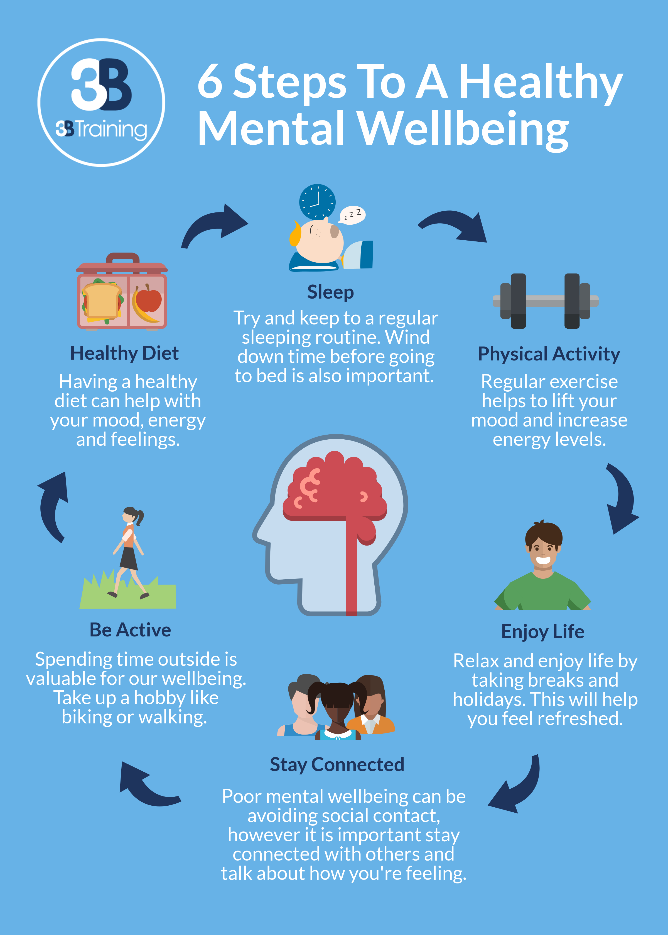 Access to health care, quality education, adequate nutrition and protection: mental health issues. Risk of disease, violence and exploitation. Vulnerability to physical, mental and sensory impairments and problems associated with disability. Protective processes contributing to sustainable mental health outcomes in children and adolescents. Protective interventions at the individual level. The role of the caregiver in mental health care. The role of the family in mental health. Community-based social support: impact on mental health. Cultural and social influences. National and supranational policies and programs to ensure access to education, family preservation. National programs to prohibit the participation of children and adolescents in military conflicts. Ensuring safe evacuation from zones of military conflicts and environmental and man-made disasters. National mental health programs and community interventions. Identification and measurement of protective factors. nine0010
Access to health care, quality education, adequate nutrition and protection: mental health issues. Risk of disease, violence and exploitation. Vulnerability to physical, mental and sensory impairments and problems associated with disability. Protective processes contributing to sustainable mental health outcomes in children and adolescents. Protective interventions at the individual level. The role of the caregiver in mental health care. The role of the family in mental health. Community-based social support: impact on mental health. Cultural and social influences. National and supranational policies and programs to ensure access to education, family preservation. National programs to prohibit the participation of children and adolescents in military conflicts. Ensuring safe evacuation from zones of military conflicts and environmental and man-made disasters. National mental health programs and community interventions. Identification and measurement of protective factors. nine0010
4.
 4 Mental health of children and adolescents in juvenile correctional institutions.
4 Mental health of children and adolescents in juvenile correctional institutions. Social, economic and cultural conditions affecting juvenile delinquency. The main causes of offenses and crimes. The physical development and mental health needs of juvenile offenders. Needs Assessment Approaches. Substance abuse and mental disorders in juvenile offenders. Prevention and treatment of behavioral disorders (conduct disorders). Prevention and treatment of anxiety disorders, post-traumatic stress disorder and affective disorders. Comorbidity in mental disorders. Differences in the rates of the disorder: by sex, race, and age. Prevention of violence, delinquency, injuries, suicides in juvenile correctional institutions. Personal Development and Social Improvement Programs for Juvenile Offenders: Impact on Mental Health. Types of mental health services provided through the prison health system to juvenile offenders. Interventions and risk models in the prevention of mental disorders in adolescents.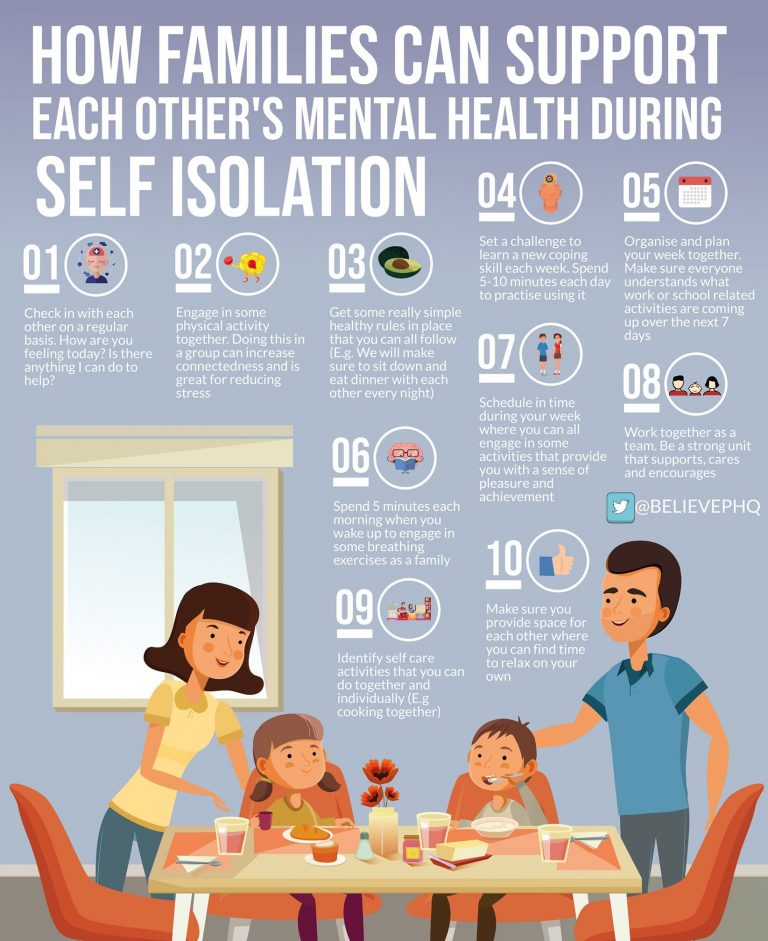 Legal guidelines for mental health programs for juvenile correctional facilities. Juvenile Mental Health Standards. nine0010
Legal guidelines for mental health programs for juvenile correctional facilities. Juvenile Mental Health Standards. nine0010
The impact of physical culture and sports on the mental health of children and adolescents
Topics for discussion:
5.1 The impact of physical activity and sports on the mental health and well-being of children and adolescents.
Link between physical activity and mental health. The influence of motor activity on the emotional and psychological state of children and adolescents. Types and levels of physical education: aspects of mental health. Motor activity as a means of mental development of children and adolescents. The role of physical activity in the management of mental illness. The role of physical activity in the treatment of depression and anxiety. Physical activity in childhood and adolescence: impact on the development of a healthy lifestyle. Walking, cycling, running: mental health benefits. Physical activity and weight control.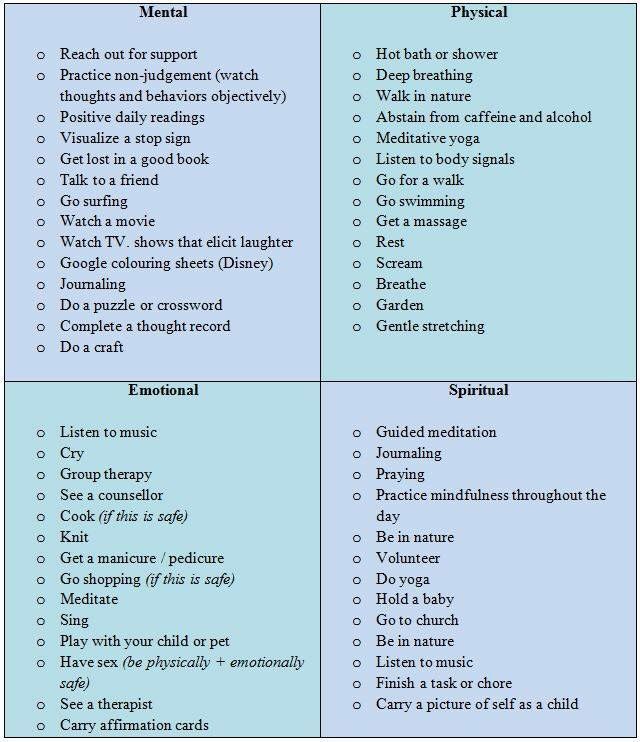 Relationship between physical activity and psychological interventions. Physical activity for the development of social competencies: impact on mental health. Physical activity: self-esteem and emotional stability. Correction of deviant behavior through physical activity. Peculiarities of diagnostics of children and adolescents in physical culture and sports activities. Types of physical activity and assessment of the level of mental and physical health of children and adolescents for physical education and sports. Forms of occupations in physical culture and sports. Questions of psychology of mass and professional sports. Questions of the psychology of physical education. Questions of the psychology of active recreation. Olympism as a philosophy of life for healthy citizens, athletes and people systematically engaged in physical culture. Honesty, justice, self-affirmation and self-actualization are the necessary attributes of sport. Sport as an activity for the formation of physical, mental and spiritual health of children and adolescents, as a theoretical basis for their healthy lifestyle.
Relationship between physical activity and psychological interventions. Physical activity for the development of social competencies: impact on mental health. Physical activity: self-esteem and emotional stability. Correction of deviant behavior through physical activity. Peculiarities of diagnostics of children and adolescents in physical culture and sports activities. Types of physical activity and assessment of the level of mental and physical health of children and adolescents for physical education and sports. Forms of occupations in physical culture and sports. Questions of psychology of mass and professional sports. Questions of the psychology of physical education. Questions of the psychology of active recreation. Olympism as a philosophy of life for healthy citizens, athletes and people systematically engaged in physical culture. Honesty, justice, self-affirmation and self-actualization are the necessary attributes of sport. Sport as an activity for the formation of physical, mental and spiritual health of children and adolescents, as a theoretical basis for their healthy lifestyle. Negative factors of sports leading to mental disorders and disorders. Perfectionist attitudes, the dominance of the orientation towards victory and success both in children and adolescents, and in their parents as factors leading to negative deviant forms of behavior of participants in the training and competitive processes. Unreasonable early specialization of children and adolescents, their involvement in the training and competitive processes of a particular sport without due regard for the development and maturation of the organs and systems of participants in these processes as a prerequisite for the depletion of the body, the inevitability of injuries and injuries, disturbances in normal mental and spiritual development. Encouragement of coaches for the sports results of their pupils without taking into account the level of health of children and adolescents, their mental development, personal characteristics such as the danger of "star disease", permissiveness, narcissism, mental disorders of young athletes.
Negative factors of sports leading to mental disorders and disorders. Perfectionist attitudes, the dominance of the orientation towards victory and success both in children and adolescents, and in their parents as factors leading to negative deviant forms of behavior of participants in the training and competitive processes. Unreasonable early specialization of children and adolescents, their involvement in the training and competitive processes of a particular sport without due regard for the development and maturation of the organs and systems of participants in these processes as a prerequisite for the depletion of the body, the inevitability of injuries and injuries, disturbances in normal mental and spiritual development. Encouragement of coaches for the sports results of their pupils without taking into account the level of health of children and adolescents, their mental development, personal characteristics such as the danger of "star disease", permissiveness, narcissism, mental disorders of young athletes.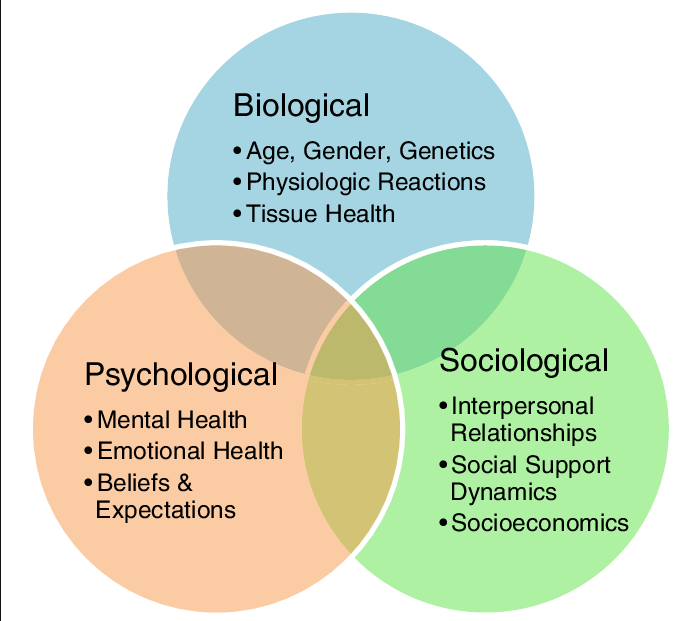 Doping in sports is the main threat to the transformation of the principle of fair play in youth sports. nine0010
Doping in sports is the main threat to the transformation of the principle of fair play in youth sports. nine0010
5.2 Adaptive sports and physical activity as a rehabilitation tool for children and adolescents with mental illness and mental development.
The impact of adaptive sports and physical activity on children and adolescents with developmental disabilities. The impact of adaptive sports and physical activity on children and adolescents with intellectual and special psychological needs. Adaptive sports and exercise: impact on fitness, self-esteem and social competence in children and adolescents with special mental health needs. Factors affecting participation in physical activity and/or sports in children and adolescents with mental disorders: physical, psychological and emotional barriers. Adaptive sports and physical activities in educational conditions. Adaptive sports and physical activities in special rehabilitation conditions. Cerebral palsy: adaptive sports and exercise. Parental and social factors: impact on a child with a mental inability to participate in physical activity. Benefits of physical activity and adaptive sports: social inclusion, peer recognition, cognitive development and achievement. Methods of control and psychological support for Paralympic athletes. Athletes with Down syndrome. Psychological problems of athletes with damage to vision, hearing, musculoskeletal system. Features of mental support of athletes with congenital and acquired pathology. Working with parents of children with disabilities involved in adaptive sports. All-Russian Register of Sports (Sports of the Blind, Sports of Persons with PHD, Sports of the Deaf), Unified All-Russian Sports Classification for Adaptive Sports, Federal Standards of Sports Training for Disabled Children. Inclusion in adaptive sports. Sports of persons with intellectual disabilities in the Paralympic movement. Special Olympic Movement as a form of adaptive motor recreation, using competitiveness and special rules for summing up the results of competitions.
Parental and social factors: impact on a child with a mental inability to participate in physical activity. Benefits of physical activity and adaptive sports: social inclusion, peer recognition, cognitive development and achievement. Methods of control and psychological support for Paralympic athletes. Athletes with Down syndrome. Psychological problems of athletes with damage to vision, hearing, musculoskeletal system. Features of mental support of athletes with congenital and acquired pathology. Working with parents of children with disabilities involved in adaptive sports. All-Russian Register of Sports (Sports of the Blind, Sports of Persons with PHD, Sports of the Deaf), Unified All-Russian Sports Classification for Adaptive Sports, Federal Standards of Sports Training for Disabled Children. Inclusion in adaptive sports. Sports of persons with intellectual disabilities in the Paralympic movement. Special Olympic Movement as a form of adaptive motor recreation, using competitiveness and special rules for summing up the results of competitions.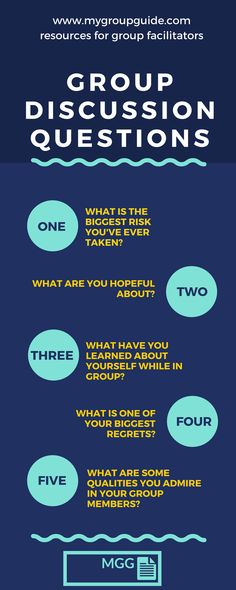 Sports-functional classification of athletes with intellectual disabilities, determination of the “fitness” of athletes with ID, expansion of sports-functional classes for participation in competitions (SP1, ST2, ST3). The modern system of organizing LIN sport in the Russian Federation, the LIN sports department in DYuSASH, ADYUKFP, Paralympic Sports Centers, adaptive sports schools. Special Olympics Unified Sports Program as a Forerunner of Inclusion in Adaptive Sports. Work with parents of children with intellectual disabilities on adaptive physical education (adaptive sports, adaptive physical education, adaptive motor recreation, physical rehabilitation and other types of AFC). Issues of psychology of rehabilitation and adaptive physical culture and sports. Paralympic sport. nine0010
Sports-functional classification of athletes with intellectual disabilities, determination of the “fitness” of athletes with ID, expansion of sports-functional classes for participation in competitions (SP1, ST2, ST3). The modern system of organizing LIN sport in the Russian Federation, the LIN sports department in DYuSASH, ADYUKFP, Paralympic Sports Centers, adaptive sports schools. Special Olympics Unified Sports Program as a Forerunner of Inclusion in Adaptive Sports. Work with parents of children with intellectual disabilities on adaptive physical education (adaptive sports, adaptive physical education, adaptive motor recreation, physical rehabilitation and other types of AFC). Issues of psychology of rehabilitation and adaptive physical culture and sports. Paralympic sport. nine0010
The influence of culture and art on the mental health of children and adolescents
Topics for discussion:
6.1 The relationship between culture, art and mental health.
Culture as a socio-psychological concept.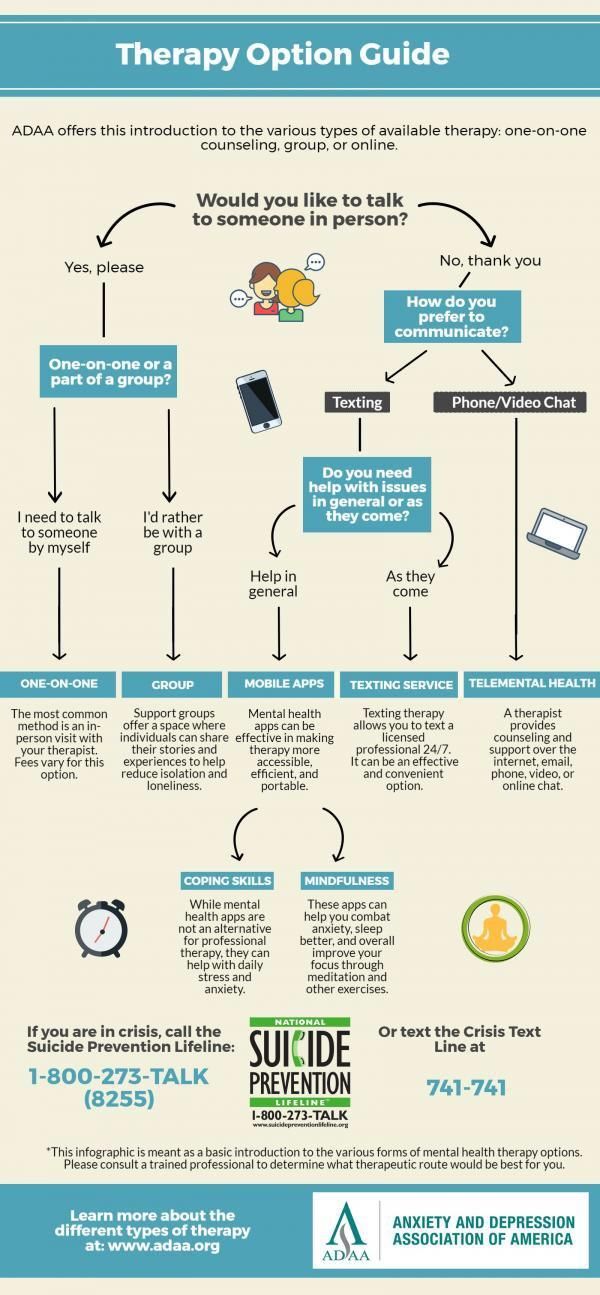 Similarities and differences in cultures. Culture and ethnicity. The influence of culture on society. Integration of cultural programs into health care systems. Culture and its impact on the emotional health of children and adolescents. Cultural activities and personal development of children and adolescents. Cultural and personal identity. The role of cultural events in raising children's and adolescents' awareness of mental health issues. Tangible and intangible heritage: impact on the mental health of children and adolescents. Cultural and educational environment at school. Creative activity as a means for the development of brain functions, mental abilities. The influence of creativity on the emotional psychological state of children and adolescents. Art and creative activity as sources of pleasure and means for the prevention of stress and depression. Art as a way to increase self-esteem. Digital technologies as a means for access and inclusion in the cultural practice of children and adolescents.
Similarities and differences in cultures. Culture and ethnicity. The influence of culture on society. Integration of cultural programs into health care systems. Culture and its impact on the emotional health of children and adolescents. Cultural activities and personal development of children and adolescents. Cultural and personal identity. The role of cultural events in raising children's and adolescents' awareness of mental health issues. Tangible and intangible heritage: impact on the mental health of children and adolescents. Cultural and educational environment at school. Creative activity as a means for the development of brain functions, mental abilities. The influence of creativity on the emotional psychological state of children and adolescents. Art and creative activity as sources of pleasure and means for the prevention of stress and depression. Art as a way to increase self-esteem. Digital technologies as a means for access and inclusion in the cultural practice of children and adolescents.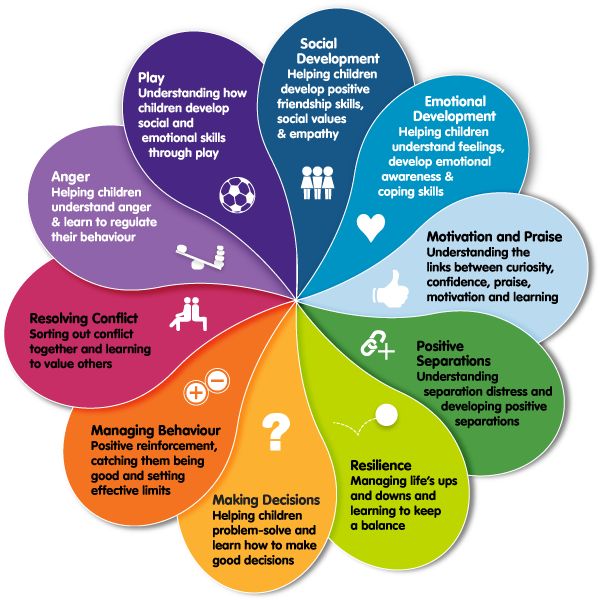 Children's books: cognitive development, emotional maturity and harmonization. Aesthetic and art education, literature, theatre, music, visual arts, photography and cinematography, circus, design, media, visits to museums, cultural sites and libraries: impact on the mental health and well-being of children and adolescents. nine0010
Children's books: cognitive development, emotional maturity and harmonization. Aesthetic and art education, literature, theatre, music, visual arts, photography and cinematography, circus, design, media, visits to museums, cultural sites and libraries: impact on the mental health and well-being of children and adolescents. nine0010
6.2 Media and mental health of children and adolescents.
What topics of mental health in the media remain on the periphery and what, on the contrary, occupies a priority position. Analysis of the information market on mental health issues for children and adolescents: supply and demand. The subjects of informing (journalists, psychiatrists, psychologists, psychotherapists, people with mental disabilities and members of their families, NGOs, others): quality of information. Information activity of psychiatrists, psychotherapists, clinical psychologists, and other mental health professionals. The presence or absence of an information policy in the media regarding issues related to the protection of the mental health of children and adolescents.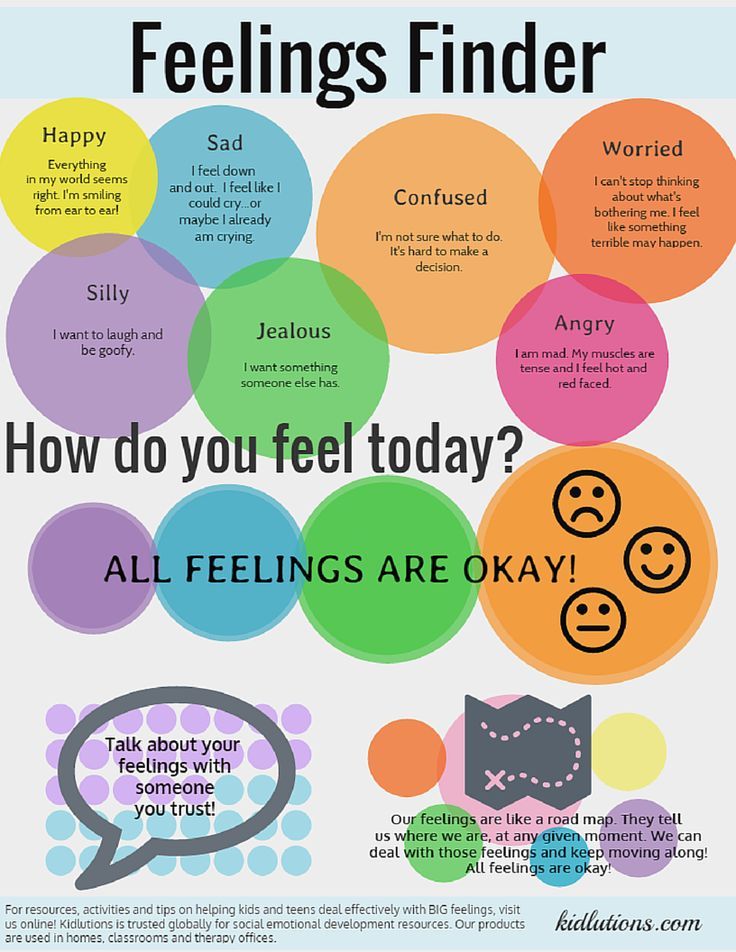 Legal and ethical problems. Educational programs for the media: whose area of responsibility. Formation of the need for the preservation of mental health: increasing the psychiatric literacy of the population. Availability of information on mental health values for children and adolescents. Promoting the relevance of mental health: media responsibility? Stigmatization and discrimination: the formation in society of the idea of persons suffering from mental disorders and people with mental disabilities. Increasing the Tolerance of the Population towards Persons with Mental Disabilities: Ethical Principles, Social and Economic Effects. Interference with privacy. Stigmatization and discrimination: shaping the perception of psychiatric services and psychiatrists in society. Promoting the achievements of modern psychiatry and other mental health professionals: Increasing demand for mental health services. A strategy for developing an enabling mental health information environment: a plan for action.
Legal and ethical problems. Educational programs for the media: whose area of responsibility. Formation of the need for the preservation of mental health: increasing the psychiatric literacy of the population. Availability of information on mental health values for children and adolescents. Promoting the relevance of mental health: media responsibility? Stigmatization and discrimination: the formation in society of the idea of persons suffering from mental disorders and people with mental disabilities. Increasing the Tolerance of the Population towards Persons with Mental Disabilities: Ethical Principles, Social and Economic Effects. Interference with privacy. Stigmatization and discrimination: shaping the perception of psychiatric services and psychiatrists in society. Promoting the achievements of modern psychiatry and other mental health professionals: Increasing demand for mental health services. A strategy for developing an enabling mental health information environment: a plan for action.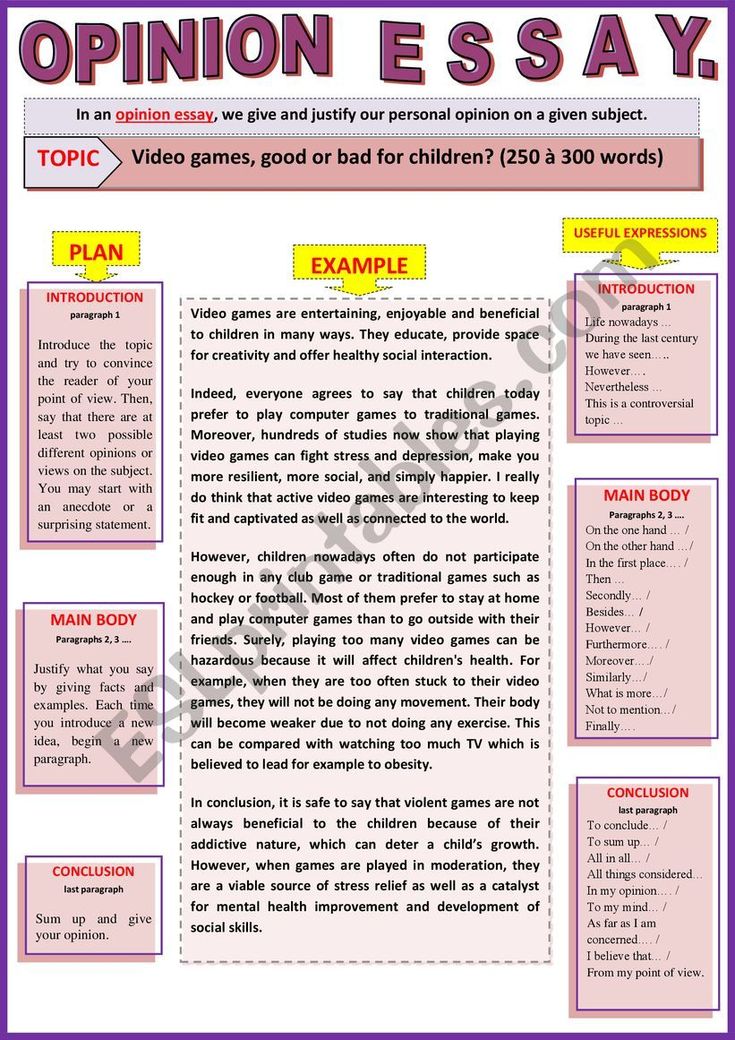 nine0010
nine0010
6.3 Art therapy and art pedagogy as factors for strengthening mental health, socialization and adaptation of children and adolescents.
Forms and methods of treatment-and-prophylactic, developmental and socializing influence on children and teenagers through art and creative activity. Child-adolescent and family art therapy as specializations within the helping professions. Modern forms and methods of art therapy and art pedagogy used in medicine, education and the social sphere with children and adolescents. New forms and tools of art therapy of art pedagogy associated with the development of digital, information and computer technologies. The importance of ecological and environmental approaches in art therapy and art pedagogy for health promotion, environmental and health-saving education of children and adolescents. Using art and art therapy to destigmatize and include children and adolescents with disabilities. The use of art therapy and art pedagogy for various mental disorders and developmental disorders in children and adolescents (autism spectrum disorders, behavioral disorders, psychogenic / post-traumatic disorders, psychosomatic diseases, etc. ). Art therapy and art pedagogy in the psychological support of gifted children. Opportunities for artistic and creative self-realization for children and adolescents suffering from mental illness, with special needs of mental development. Issues of acculturization and intercultural adaptation of minors based on the use of art. nine0010
). Art therapy and art pedagogy in the psychological support of gifted children. Opportunities for artistic and creative self-realization for children and adolescents suffering from mental illness, with special needs of mental development. Issues of acculturization and intercultural adaptation of minors based on the use of art. nine0010
Education and mental health of children
Topics for discussion:
7.1 Training of health professionals.
Child and adolescent psychiatry. Pediatric care and child psychiatry. Training of primary health care workers, including pediatricians and pediatric neurologists. Additional education and advanced training in the field of mental health of children and adolescents for pediatric endocrinologists, oncologists, dentists, gastroenterologists, pulmonologists and allergists, rheumatologists and cardiologists, gynecologists and urologists. nine0010
7.2 Training of non-medical specialists.
Training of specialists working in educational institutions, including school psychologists, teachers, speech therapists, leaders and representatives of the administration of preschool and school institutions, in the field of mental health of children and adolescents. Training of specialists working in social protection institutions, including defectologists, social workers, tutors, educators in boarding schools, specialists in the field of psycho-correction and psychotherapy, managers and representatives of the administration of social protection institutions. Training of HR specialists in organizations where parents work on mental health issues for children and adolescents. Training of employment service specialists who are involved in the process of employment of people with mental disabilities. Training in the specialty of an art therapist (including specializations - music therapy, dance movement therapy, inclusive theater directing, arts and crafts and folk crafts). Training of representatives of state authorities and local self-government on the issues of mental health of children and adolescents. Training of journalists on mental health issues for children and adolescents. nine0010
Training of specialists working in social protection institutions, including defectologists, social workers, tutors, educators in boarding schools, specialists in the field of psycho-correction and psychotherapy, managers and representatives of the administration of social protection institutions. Training of HR specialists in organizations where parents work on mental health issues for children and adolescents. Training of employment service specialists who are involved in the process of employment of people with mental disabilities. Training in the specialty of an art therapist (including specializations - music therapy, dance movement therapy, inclusive theater directing, arts and crafts and folk crafts). Training of representatives of state authorities and local self-government on the issues of mental health of children and adolescents. Training of journalists on mental health issues for children and adolescents. nine0010
7.3 Training of non-specialists.
Psychoeducation for service users, their families, carers. Training of guardians (foster families) on the issues of mental health of children and adolescents. Training parents on the mental health of their children. Training of employees of non-profit organizations, voluntary associations, volunteers on mental health issues for children and adolescents.
Training of guardians (foster families) on the issues of mental health of children and adolescents. Training parents on the mental health of their children. Training of employees of non-profit organizations, voluntary associations, volunteers on mental health issues for children and adolescents.
7.4 Inclusive education. nine0007
The content of inclusive education. Support services in the system of inclusive education. Students with special needs: an individual approach to learning. Equal opportunities for all students: methods for achieving the goal. Inclusive education for preschool children. Inclusive education for school children. Inclusive education in the system of higher educational institutions. Family education of children with special needs of mental development. Tutor in the system of family education and inclusive education. Inclusive education: problems of discrimination. nine0010
Legal and economic foundations of mental health care for children and adolescents
Topics for discussion:
8.
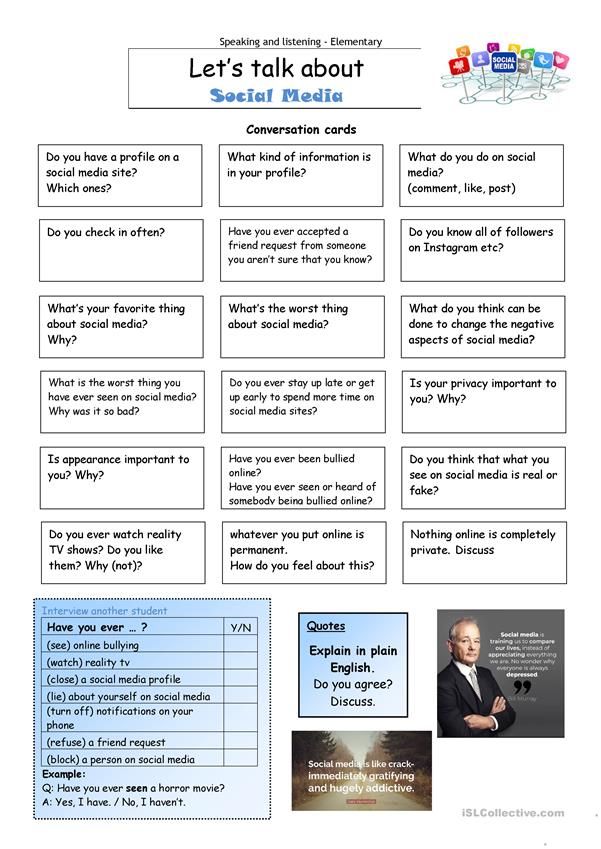 1 Rights of children and adolescents to mental health care.
1 Rights of children and adolescents to mental health care. International and regional strategies for child and adolescent mental health. The right to education as a universal and fundamental human right. The policy of inclusive education. The right of the child to a standard of living that is necessary for his full and comprehensive (physical, mental, spiritual, moral and social) development. The right of the child to enjoy the most advanced health care services, means of treating diseases and restoring health. International Law and National Strategies for Child and Adolescent Mental Health. National strategies for the development of the personality of the child, as well as favorable environmental conditions, as a factor in preventing the risk of mental disorders. National strategies and policies for providing mental health services to the most vulnerable groups of children and adolescents. National Strategies and Policies for Youth Suicide Prevention. Targeted strategies for the protection of motherhood and childhood. National strategies and policies to address health and social service needs throughout the human life cycle, including infancy, childhood and adolescence. National strategies and policies to ensure early intervention and care for children and adolescents with mental disorders. National strategies and policies to promote the cognitive, sensorimotor and psychosocial development of children and promote healthy relationships between children and their parents and/or caregivers. Legal regulation of problems related to the needs of children whose parents suffer from chronic mental disorders. nine0010
National strategies and policies to address health and social service needs throughout the human life cycle, including infancy, childhood and adolescence. National strategies and policies to ensure early intervention and care for children and adolescents with mental disorders. National strategies and policies to promote the cognitive, sensorimotor and psychosocial development of children and promote healthy relationships between children and their parents and/or caregivers. Legal regulation of problems related to the needs of children whose parents suffer from chronic mental disorders. nine0010
8.2 Primary medical and psychiatric care for children and adolescents: prospects for integration, organizational and legal aspects.
Law and legislation: the main provisions and achievements of psychiatry and related sciences. Mental health legislation: harmonization and patients' rights. Biological, environmental and socio-economic aspects of primary health care and child psychiatric care.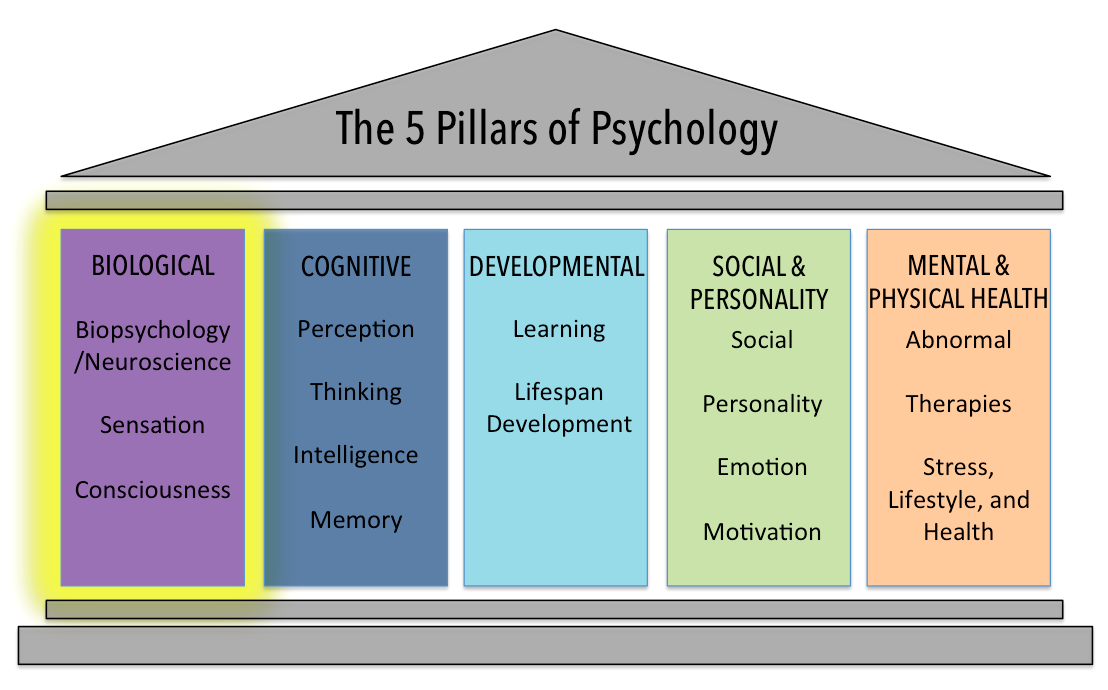 Modern trends in the development of the legal doctrine of mental health. Legal aspects of voluntary consent to the provision of psychiatric care to children and adolescents. Forced hospitalization and inpatient treatment of minors in psychiatric hospitals. Conditions of detention of children and adolescents in psychiatric hospitals. Joint treatment of mother and child in psychiatric institutions. Representing the interests of children during hospitalization and throughout their stay in psychiatric institutions. The quality of mental health care for children and adolescents in inpatient and outpatient settings. Children's psychiatric care in the structure of general psychiatry. Legal capacity of young people with mental illness. Young people with disabilities. Legal procedures for identifying the legal capacity of young people suffering from mental illness. Surrogate motherhood and mental health of the child: legal aspects. Protection of the rights and legitimate interests of persons with disabilities and incapacity.
Modern trends in the development of the legal doctrine of mental health. Legal aspects of voluntary consent to the provision of psychiatric care to children and adolescents. Forced hospitalization and inpatient treatment of minors in psychiatric hospitals. Conditions of detention of children and adolescents in psychiatric hospitals. Joint treatment of mother and child in psychiatric institutions. Representing the interests of children during hospitalization and throughout their stay in psychiatric institutions. The quality of mental health care for children and adolescents in inpatient and outpatient settings. Children's psychiatric care in the structure of general psychiatry. Legal capacity of young people with mental illness. Young people with disabilities. Legal procedures for identifying the legal capacity of young people suffering from mental illness. Surrogate motherhood and mental health of the child: legal aspects. Protection of the rights and legitimate interests of persons with disabilities and incapacity.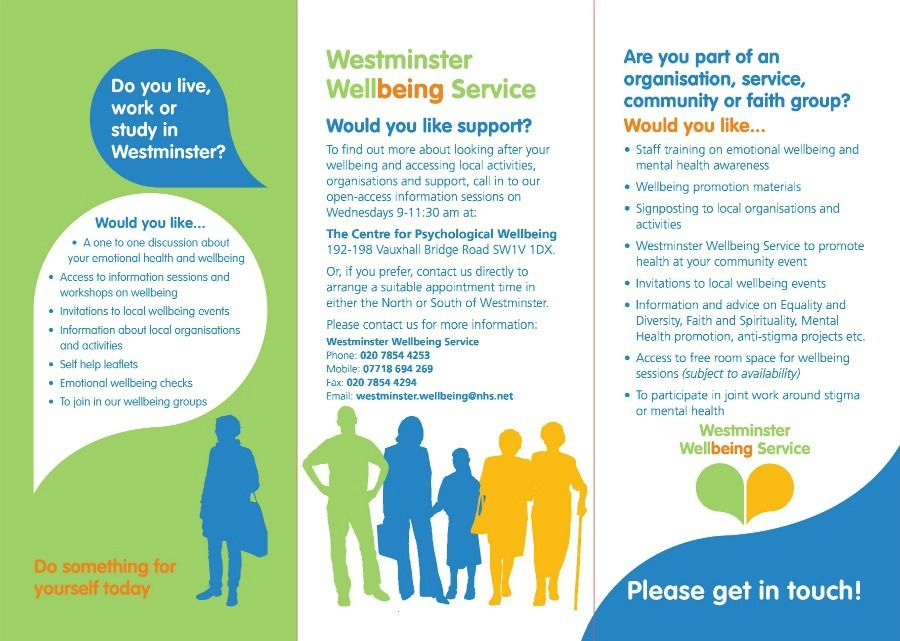 Problems of diagnosis, treatment and rehabilitation associated with mental disorders in children: legal aspects. Provision of medicines for children and adolescents with mental illness: legal aspects. nine0010
Problems of diagnosis, treatment and rehabilitation associated with mental disorders in children: legal aspects. Provision of medicines for children and adolescents with mental illness: legal aspects. nine0010
8.3 Legal basis for the protection of the mental health of children and adolescents in an educational institution.
Educational legislation and mental health of participants in educational relations. Risk factors for the mental health of students. Harm to the mental health of students. Problems of legal protection of mental health of students. Psychological and pedagogical support of students. Control and supervisory activities in the context of mental health of schoolchildren. Education in the structure of a single treatment and rehabilitation process. Prevention of professional burnout in the system of educational institutions. nine0010
8.4 The right of children and adolescents with mental disorders and/or mental developmental disabilities to physical education and sports.


